
Posted By: Medsole RCM
Posted Date: Aug 27, 2025
Introduction:
Handling Medicare billing is one of the most important tasks for healthcare practices in the United States. With strict CMS rules, changing reimbursement policies, and complex documentation requirements, providers often struggle to maintain steady cash flow. At MedSole RCM we specialize in guiding practices through these challenges, ensuring accurate billing, timely reimbursements, and compliance with federal regulations.
Medicare is a federal program that covers individuals aged 65 and above, as well as younger patients with disabilities or specific health conditions. To bill Medicare successfully, providers must understand the four parts of the program:
Each part has unique rules, and Medicare billing services must account for these differences to ensure proper payment.
Before claims are submitted, Medicare eligibility verification must be performed for every patient. Incorrect eligibility details are a leading cause of denials. Providers must confirm:
At MedSole RCM, our team ensures eligibility checks are completed in real time, reducing claim rejections and delays.
Proper coding is the foundation of clean claims. CMS requires strict adherence to Medicare coding guidelines, which include:
Without accurate coding, even the most well-documented claim can be denied. MedSole RCM trains its billing staff in updates to these guidelines, ensuring every submission aligns with CMS requirements.
Once eligibility and coding are in place, claims move to Medicare claims processing. Claims are submitted electronically through clearinghouses to Medicare Administrative Contractors (MACs). The steps include:
At MedSole RCM, we track every step of this cycle, minimizing errors and improving acceptance rates.
Errors in Medicare claim submission often result in payment delays. The correct process involves:
MedSole RCM’s billing experts ensure that every claim is submitted cleanly and tracked until it is paid.
Providers are often concerned about Medicare reimbursement rates, as they directly affect revenue. Reimbursement is determined by:
Even small errors in coding or misinterpretation of the fee schedule can lead to underpayment. MedSole RCM ensures accurate calculations so that providers receive the reimbursement they are entitled to.
One of the biggest hurdles in Medicare billing services is claim denials due to incomplete documentation, ineligible patients, or incorrect coding.
CMS frequently updates its policies, requiring practices to adjust workflows accordingly. Staying updated on Medicare coding guidelines is vital.
For patients with dual eligibility (Medicare + Medicaid), proper billing requires first submitting to Medicare, then forwarding the balance to Medicaid.
MedSole RCM helps practices overcome these challenges by handling claims from start to finish.
Modern healthcare relies on technology to simplify billing. Companies like CareCloud, Bellmedex, and CureMD have set standards for integrating billing with EHR systems. At MedSole RCM, we adopt similar innovations, ensuring real-time eligibility checks, automated claim tracking, and error-free coding.
By outsourcing to MedSole RCM, providers gain:
This allows providers to focus on patient care while we handle the revenue cycle with precision. Contact our Expert for better guidance of Medicare Billing.
Medicare billing refers to the process of submitting claims to Medicare for covered services. It differs from commercial insurance because it follows federal CMS rules, requires specific coding, and has strict compliance standards.
Professional services use the CMS-1500 form, while institutional services use the UB-04 form. Electronic submissions are sent as 837P or 837I formats through clearinghouses.
Rates are based on the Medicare Physician Fee Schedule, which considers RVUs (Relative Value Units), GPCI (Geographic Practice Cost Index), and CMS conversion factors.
It is the process of confirming whether a patient has active Medicare coverage. This step prevents claim denials and ensures that the provider bills the correct payer.
CMS updates guidelines annually, but certain codes may change mid-year. Providers must stay updated or risk coding errors and denials.
Rejections often occur due to incorrect patient details, missing documentation, expired eligibility, and incorrect use of ICD-10 or CPT codes.
Yes, for dual-eligible patients, Medicare is billed first. After Medicare processes the claim, the balance is sent to Medicaid for possible coverage.
Outsourcing reduces administrative work, improves compliance, and ensures faster reimbursements. Companies like MedSole RCM provide specialized teams trained in Medicare rules.
Medicare typically processes electronic claims within 14–30 days. Paper claims may take longer. Timely submission is critical, as Medicare has a 12-month filing limit.
MedSole RCM offers expertise in eligibility verification, claim submission, denial management, and reimbursement calculations, ensuring providers receive maximum revenue without compliance risks.
Get quick highlights instantly
Recent Blogs
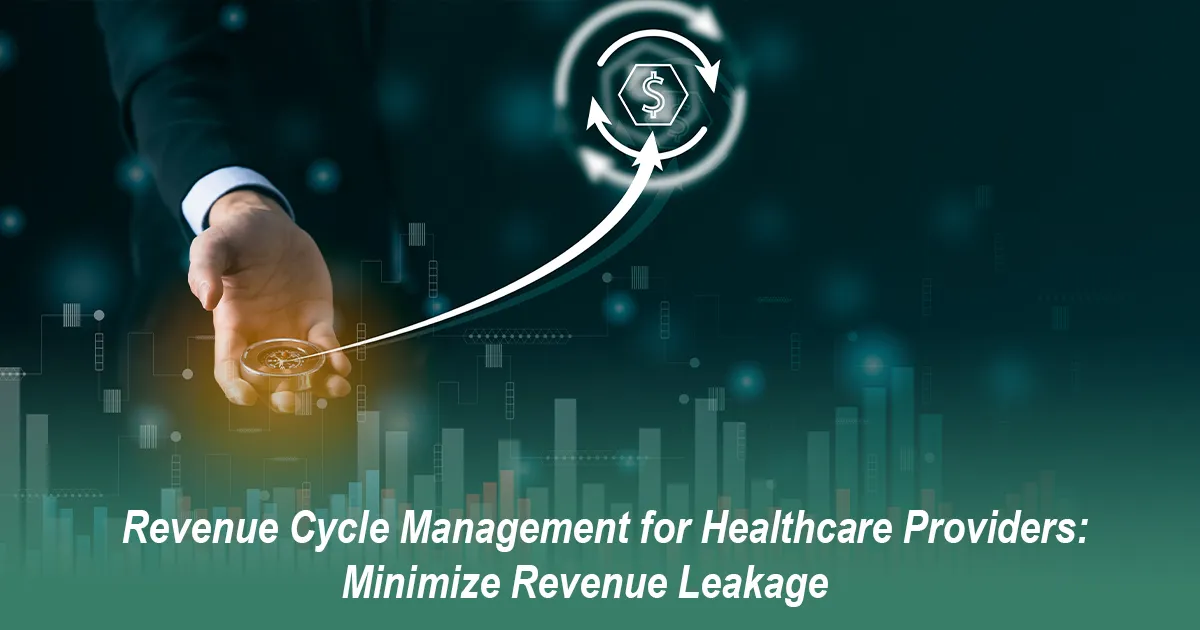
Posted Date: Jun 24, 2025
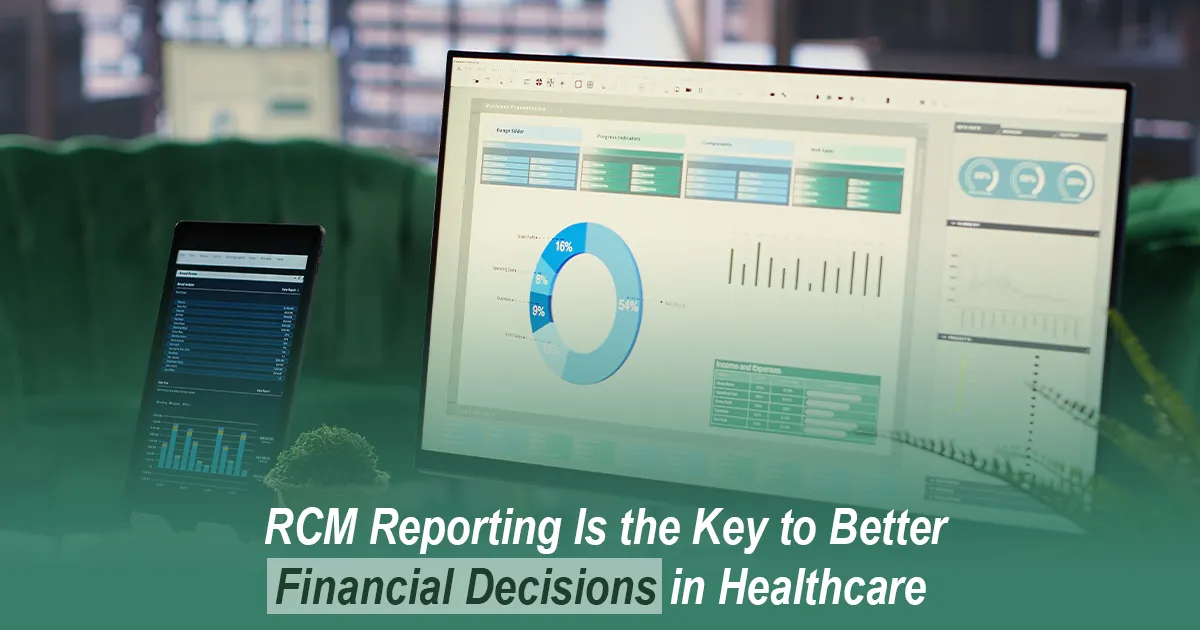
Posted Date: Jun 26, 2025

Posted Date: Jun 28, 2025
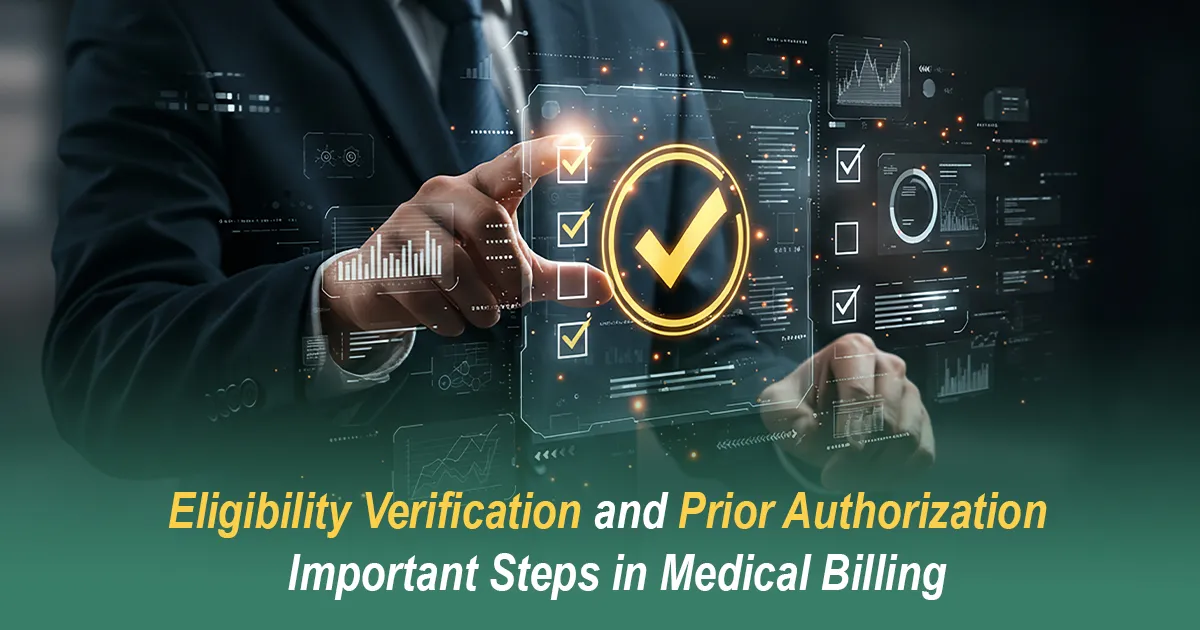
Posted Date: Jun 30, 2025

Posted Date: Jul 02, 2025
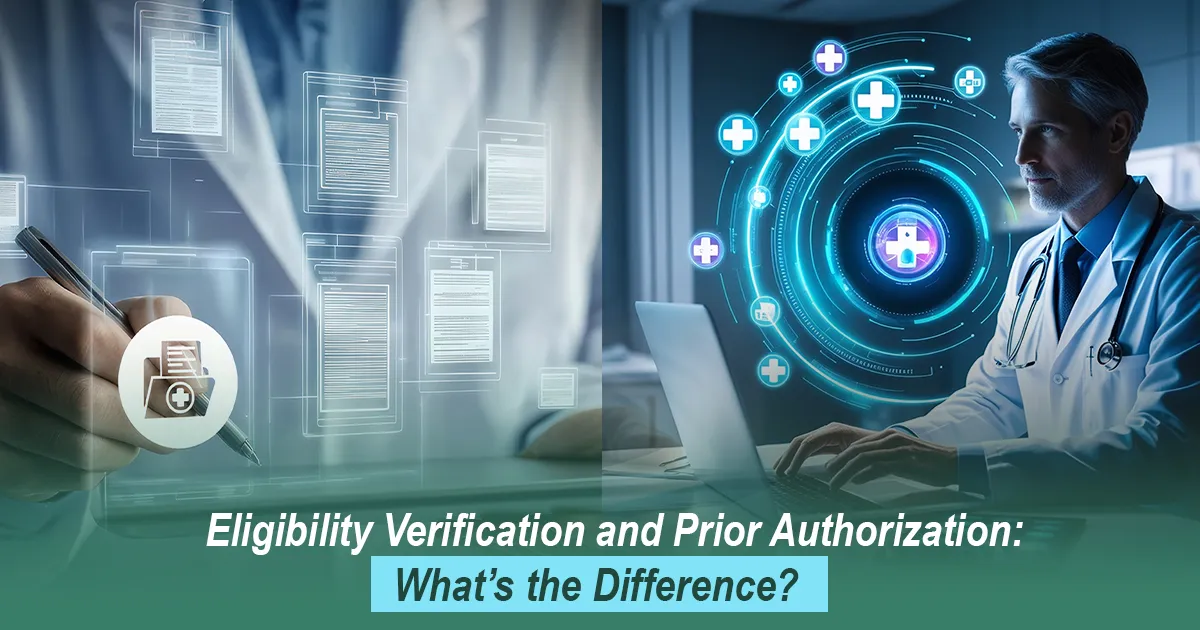
Posted Date: Jul 04, 2025
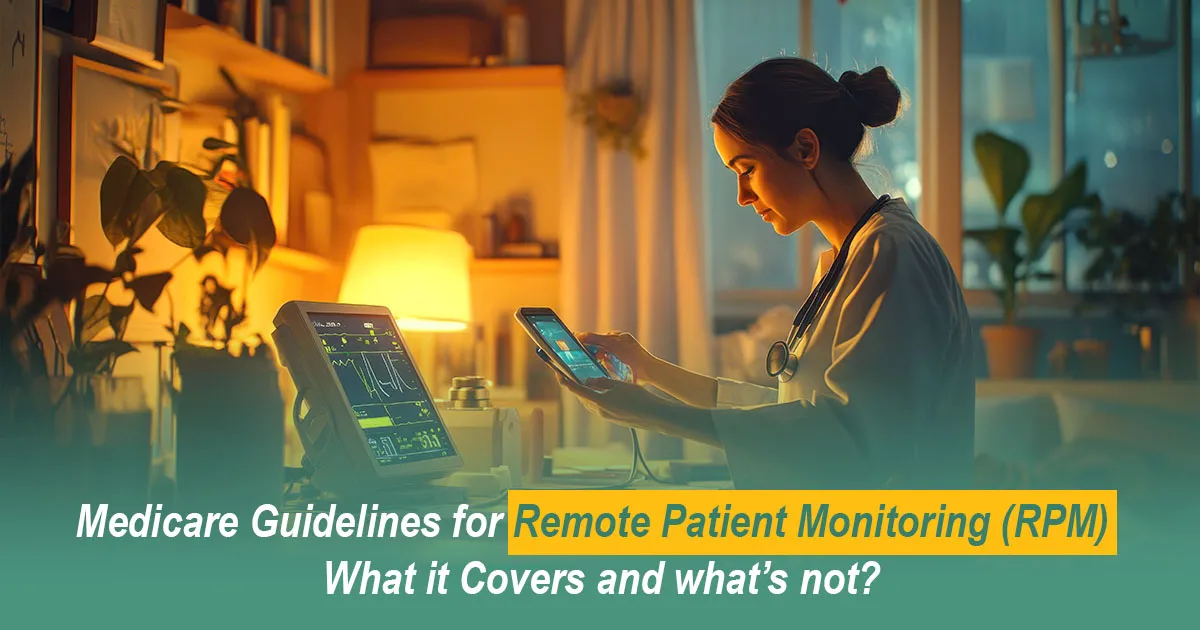
Posted Date: Jul 07, 2025

Posted Date: Jul 09, 2025

Posted Date: Jul 11, 2025

Posted Date: Jul 14, 2025

Posted Date: Jul 16, 2025

Posted Date: Jul 18, 2025

Posted Date: Jul 22, 2025

Posted Date: Jul 23, 2025
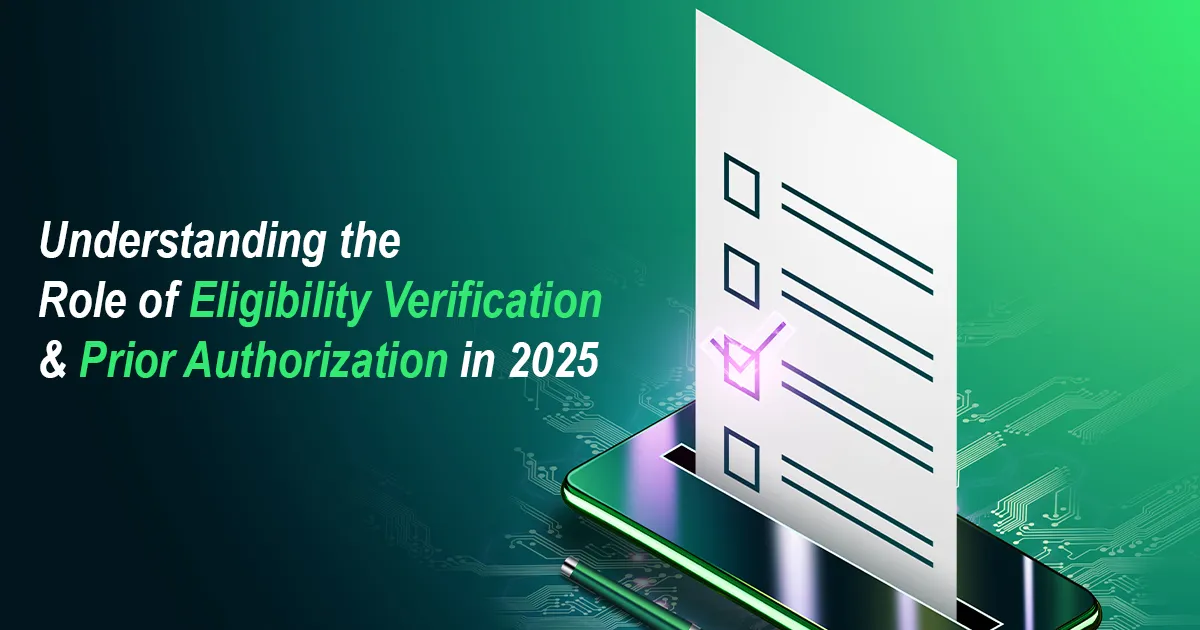
Posted Date: Jul 25, 2025

Posted Date: Jul 28, 2025

Posted Date: Aug 01, 2025

Posted Date: Aug 04, 2025

Posted Date: Aug 06, 2025
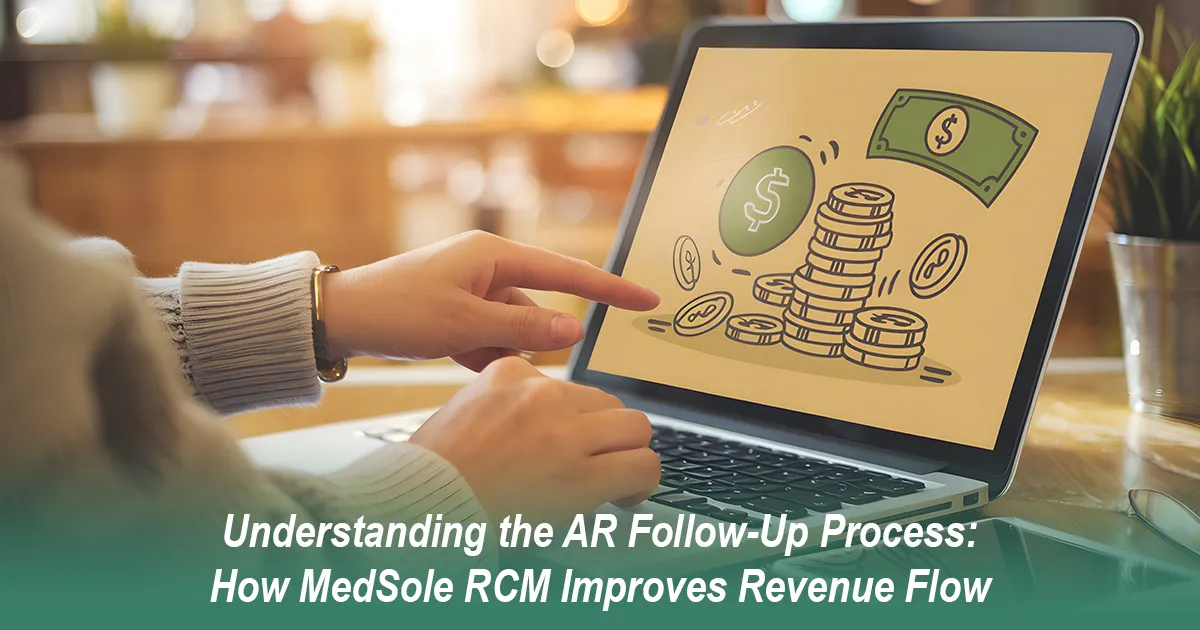
Posted Date: Aug 08, 2025
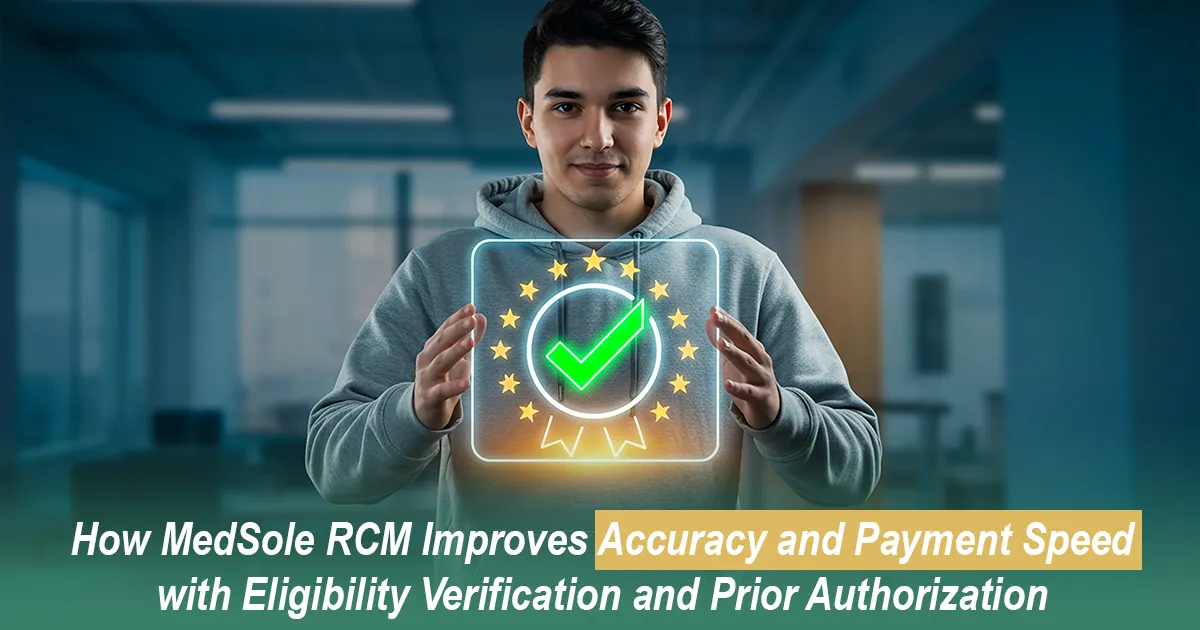
Posted Date: Aug 11, 2025

Posted Date: Aug 14, 2025

Posted Date: Aug 18, 2025
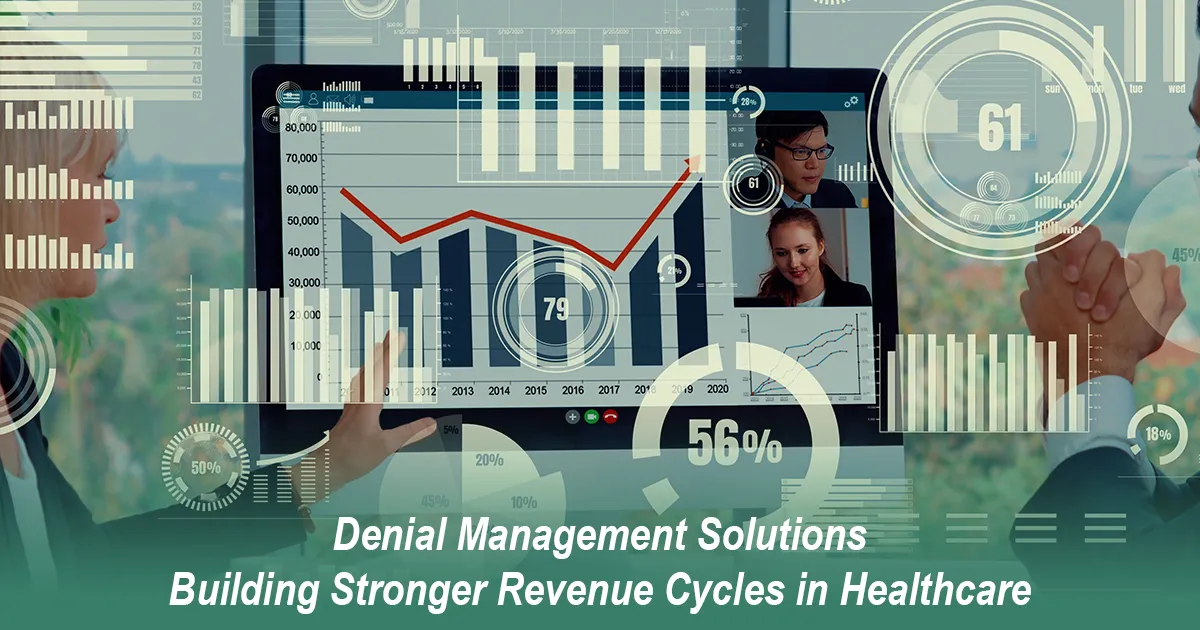
Posted Date: Aug 20, 2025

Posted Date: Aug 25, 2025

Posted Date: Aug 27, 2025
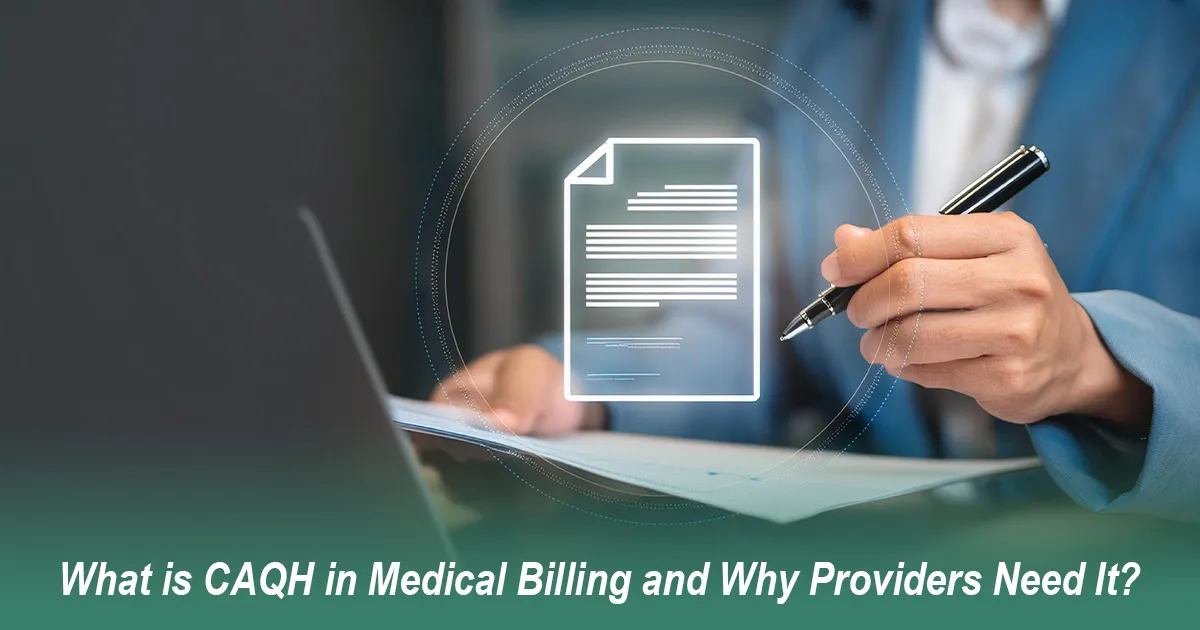
Posted Date: Aug 29, 2025
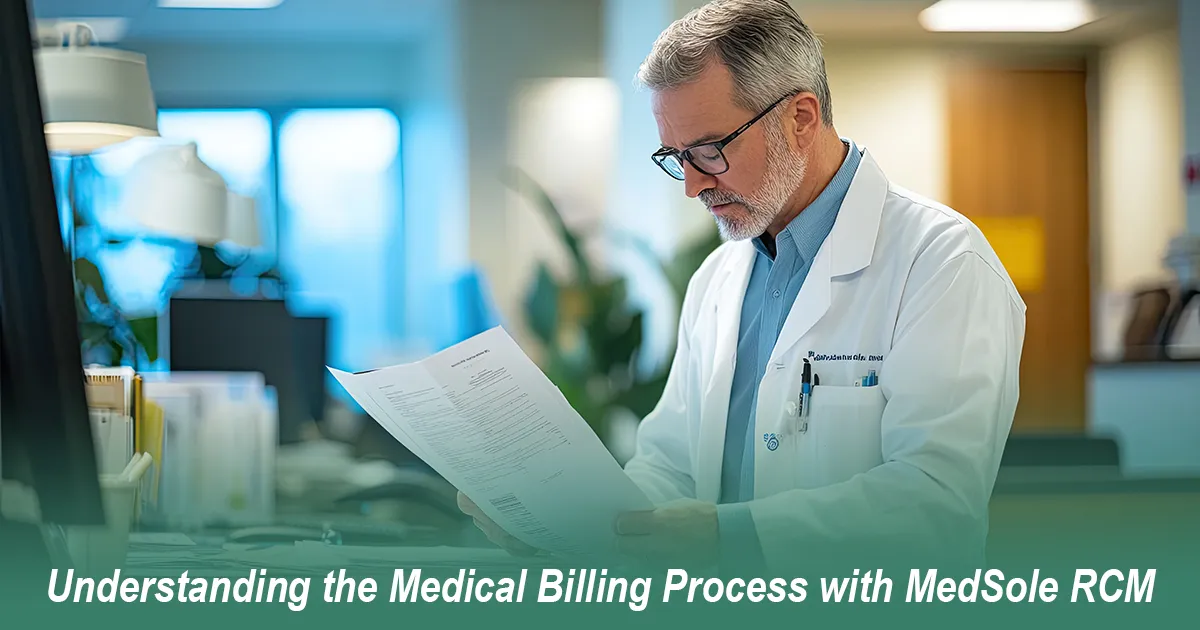
Posted Date: Sep 03, 2025

Posted Date: Sep 05, 2025

Posted Date: Sep 08, 2025

Posted Date: Sep 15, 2025
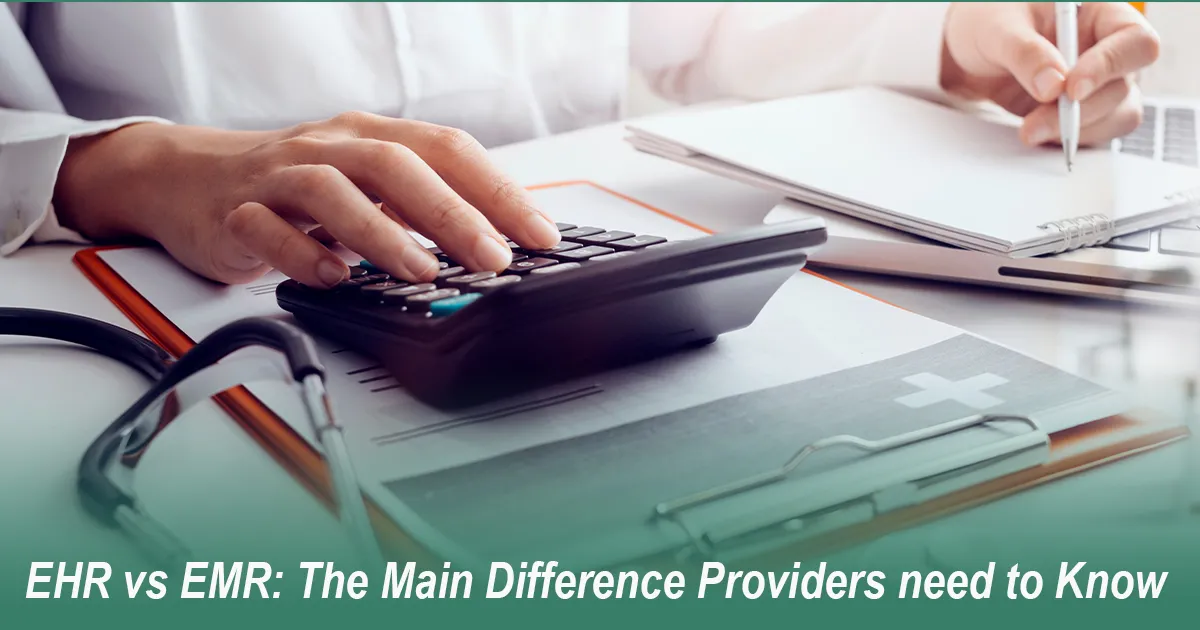
Posted Date: Sep 18, 2025

Posted Date: Sep 22, 2025

Posted Date: Sep 24, 2025

Posted Date: Sep 26, 2025
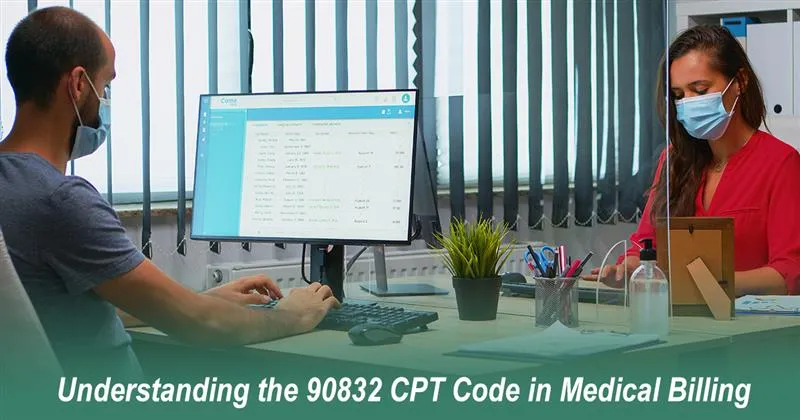
Posted Date: Sep 29, 2025

Posted Date: Oct 02, 2025
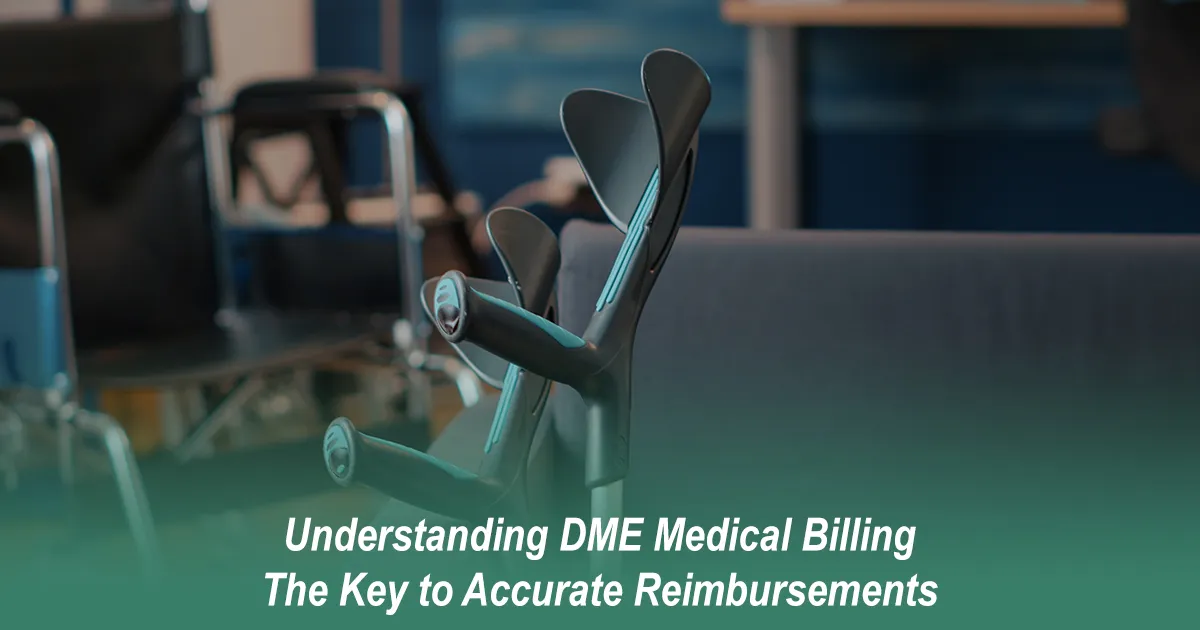
Posted Date: Oct 13, 2025

Posted Date: Oct 16, 2025

Posted Date: Oct 23, 2025
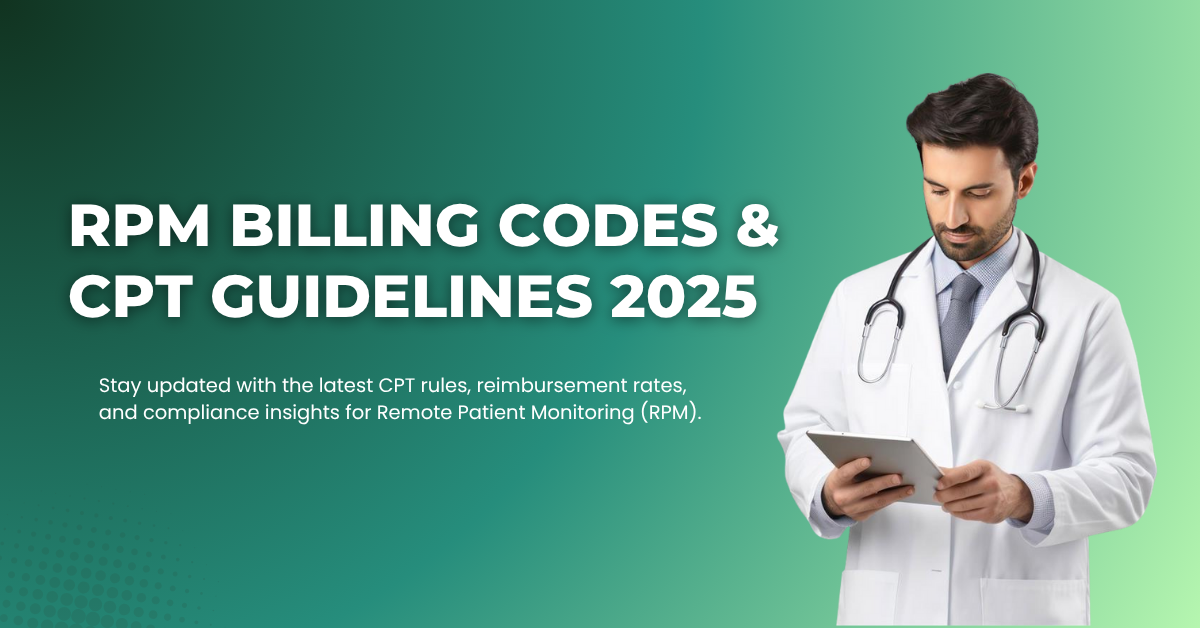
Posted Date: Oct 27, 2025
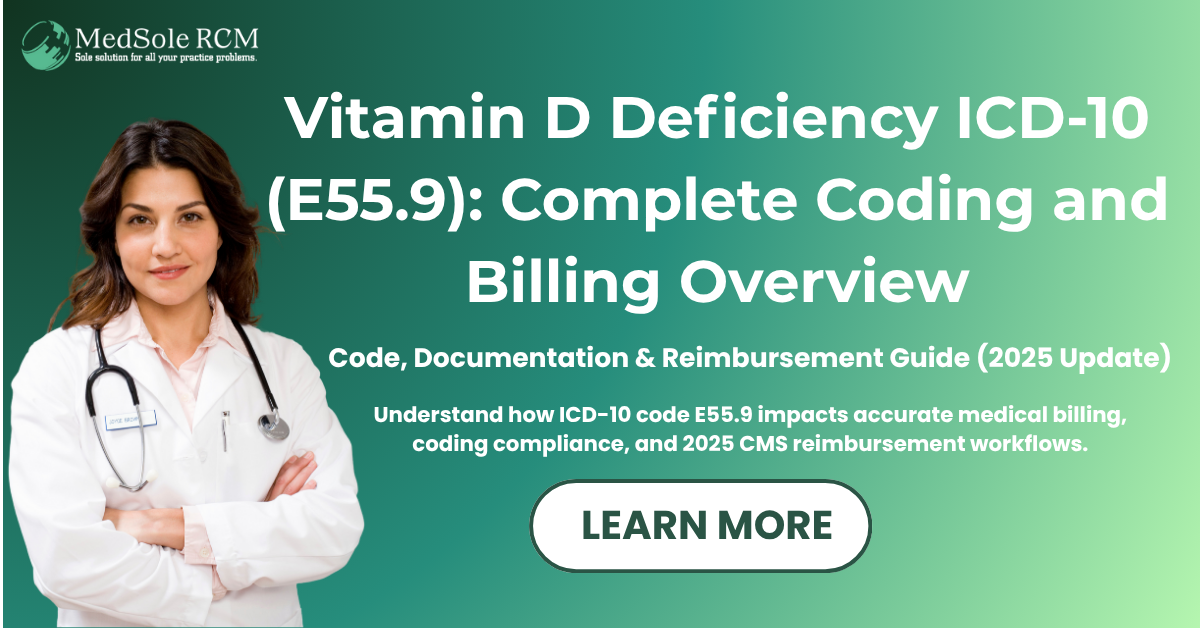
Posted Date: Oct 28, 2025
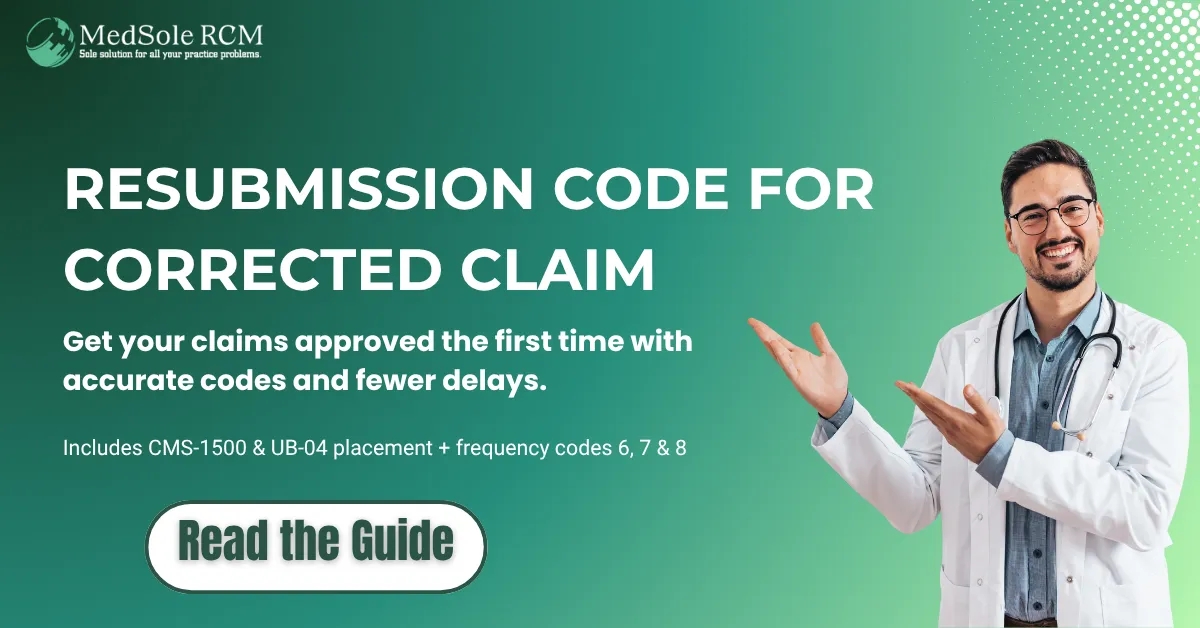
Posted Date: Oct 30, 2025
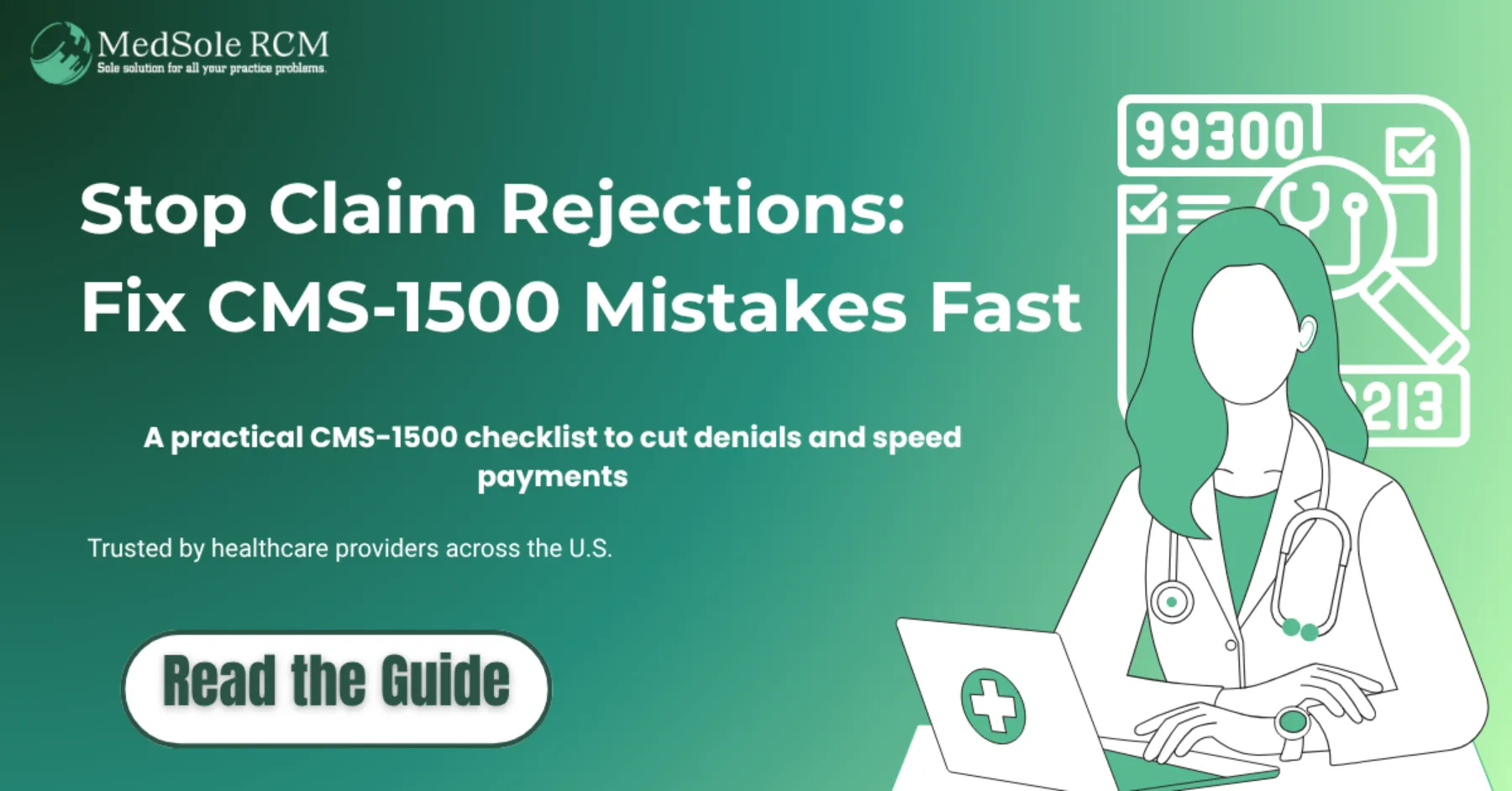
Posted Date: Oct 31, 2025
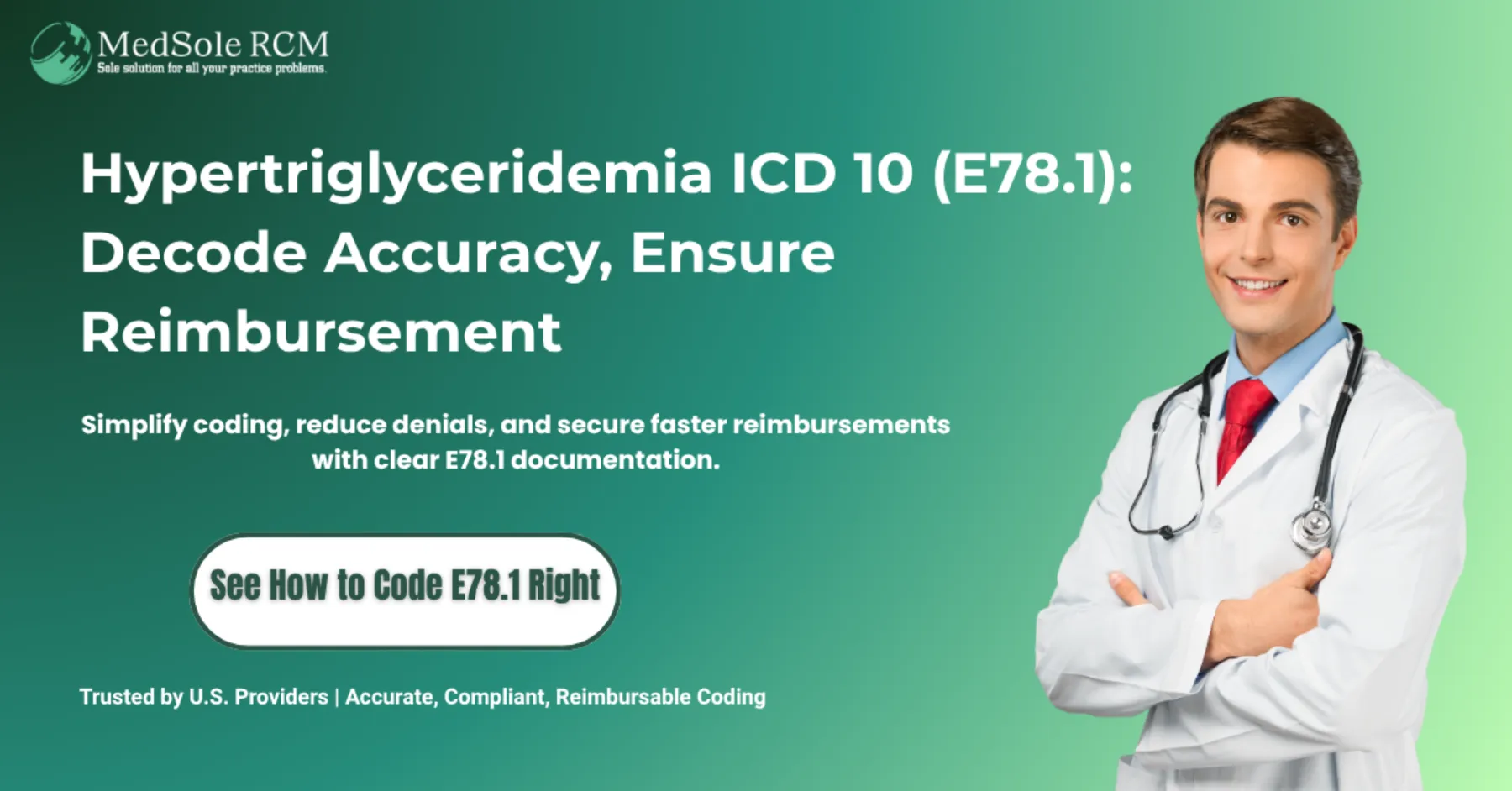
Posted Date: Nov 03, 2025
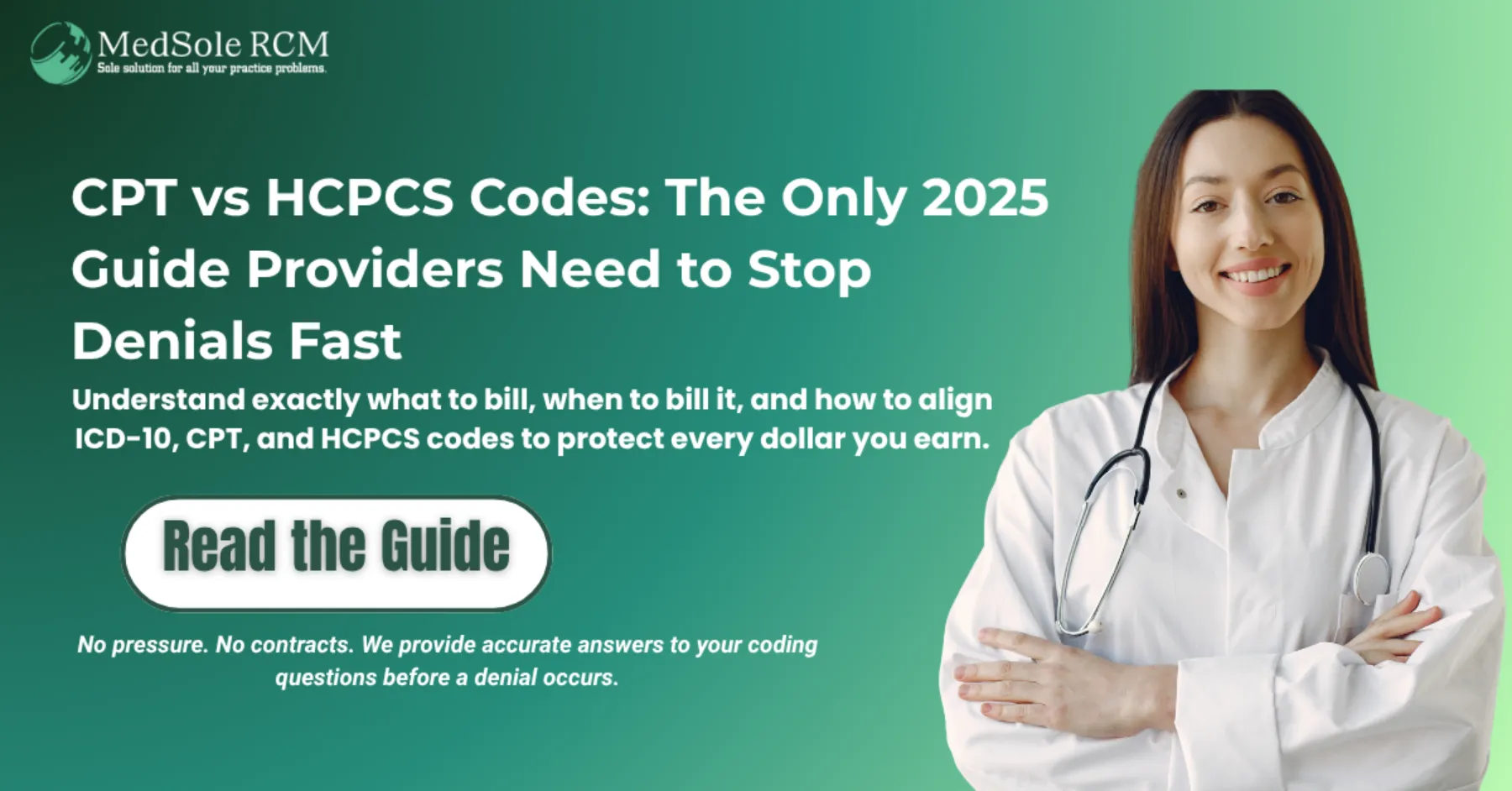
Posted Date: Nov 05, 2025
_11zon.webp)
Posted Date: Nov 11, 2025
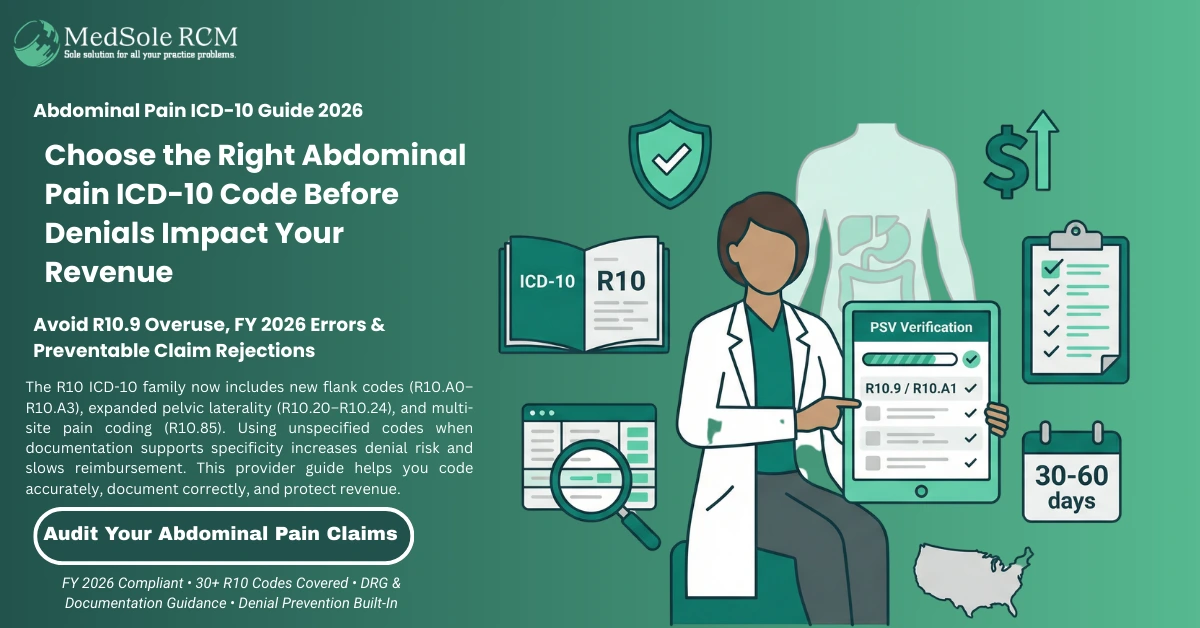
Posted Date: Nov 14, 2025

Posted Date: Jan 05, 2026
.png)
Posted Date: Jan 02, 2026
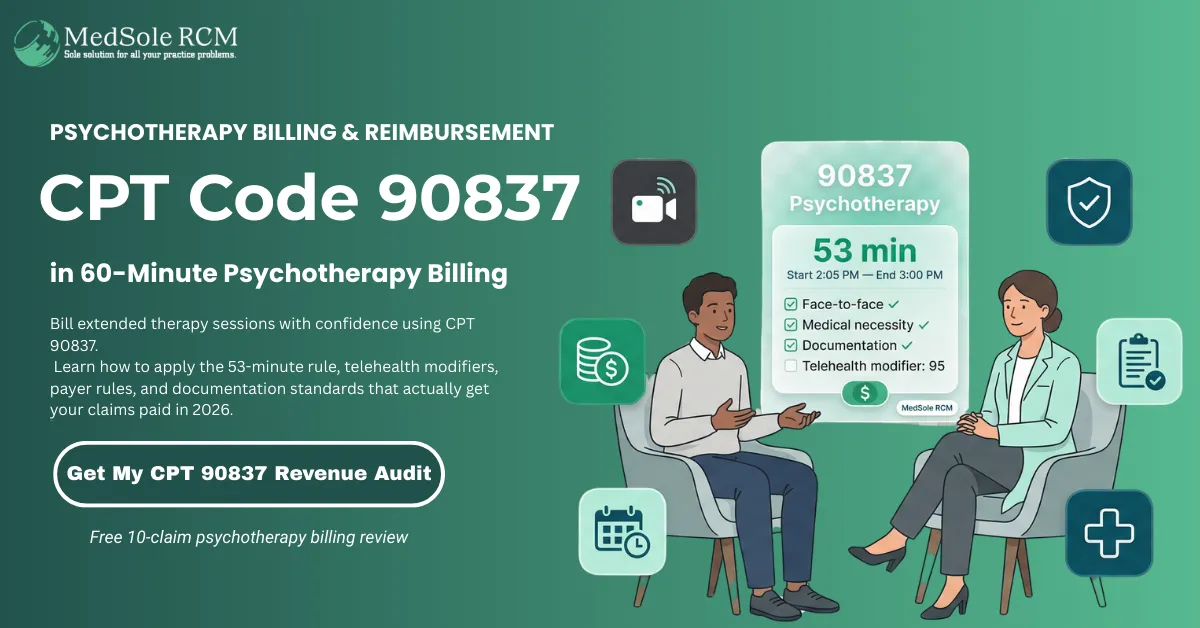
Posted Date: Jan 06, 2026
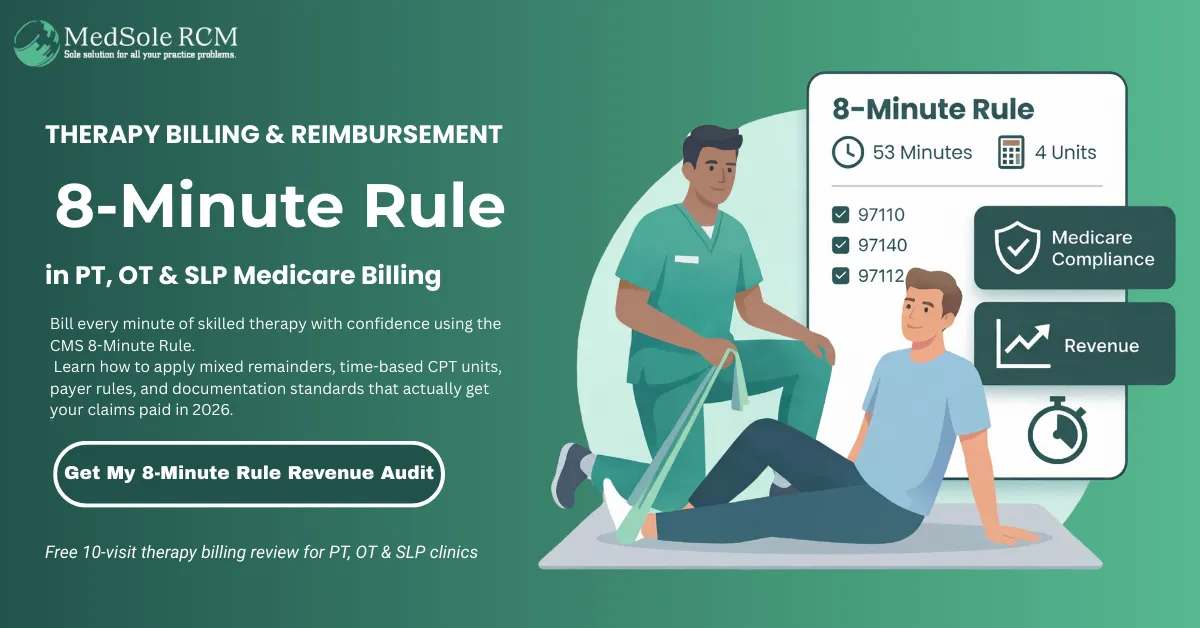
Posted Date: Jan 07, 2026
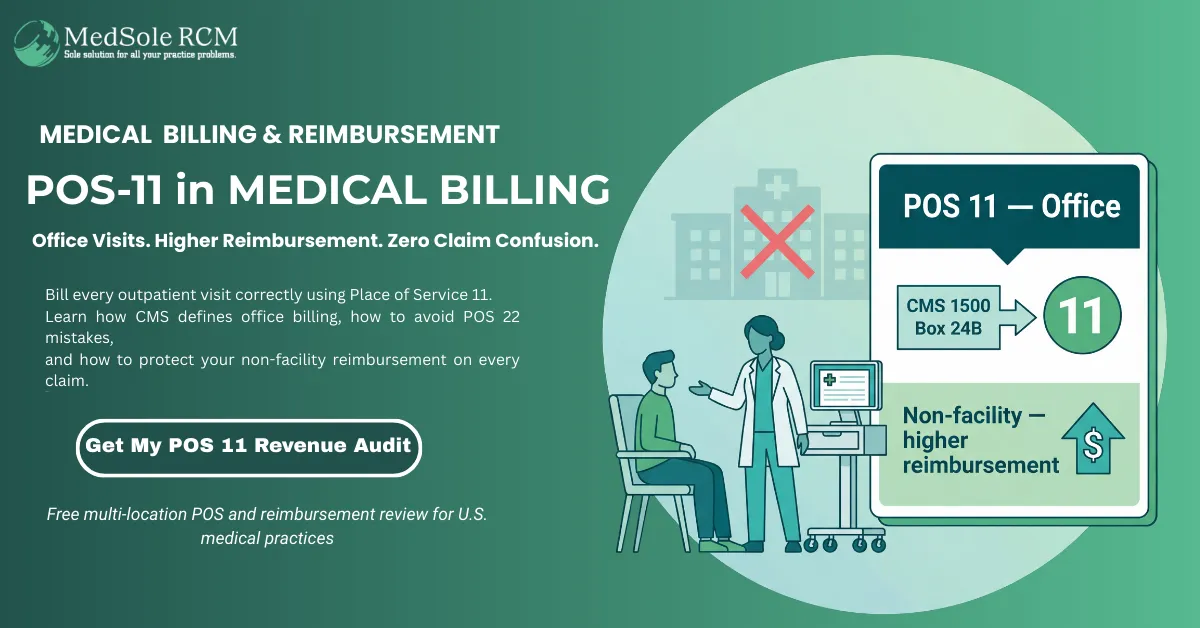
Posted Date: Jan 08, 2026
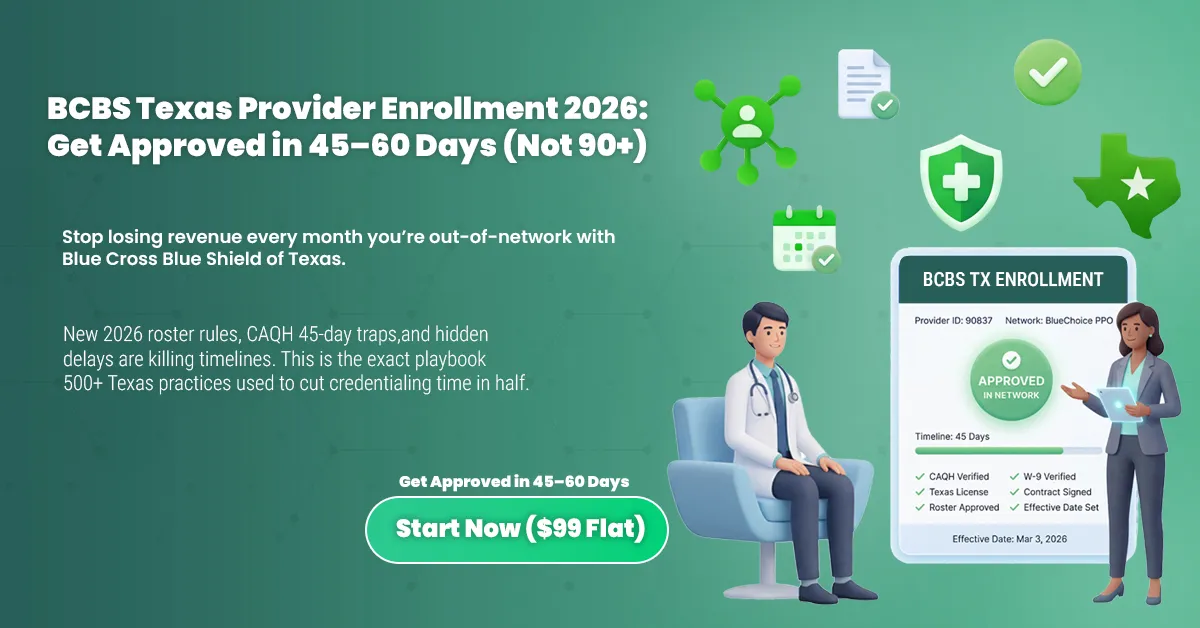
Posted Date: Jan 15, 2026
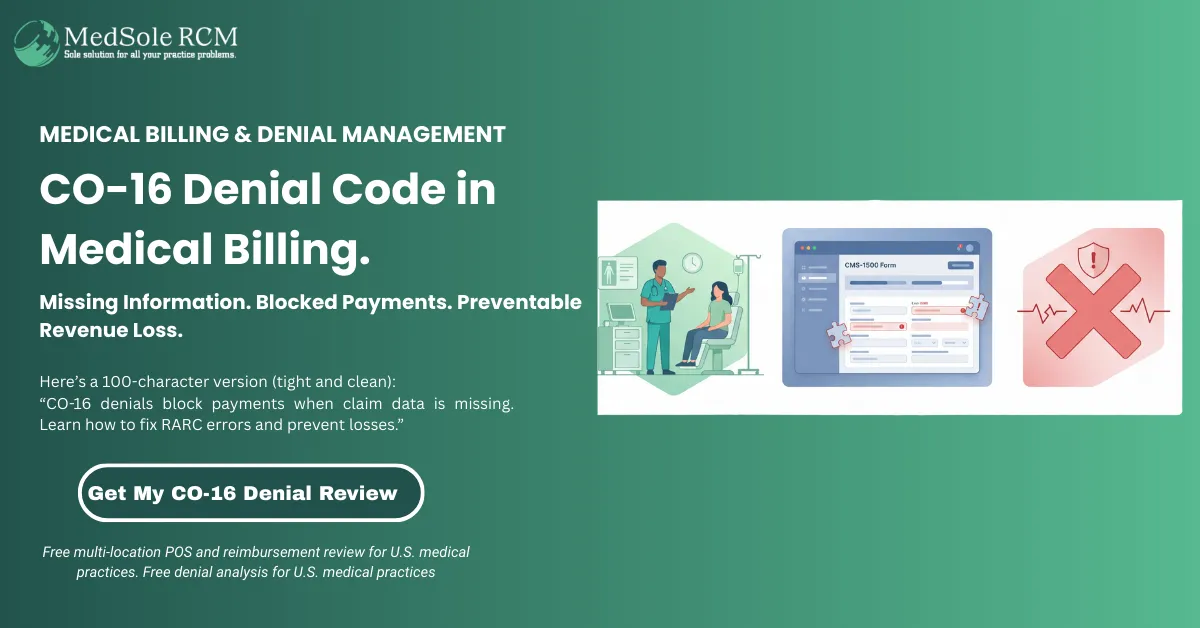
Posted Date: Jan 13, 2026
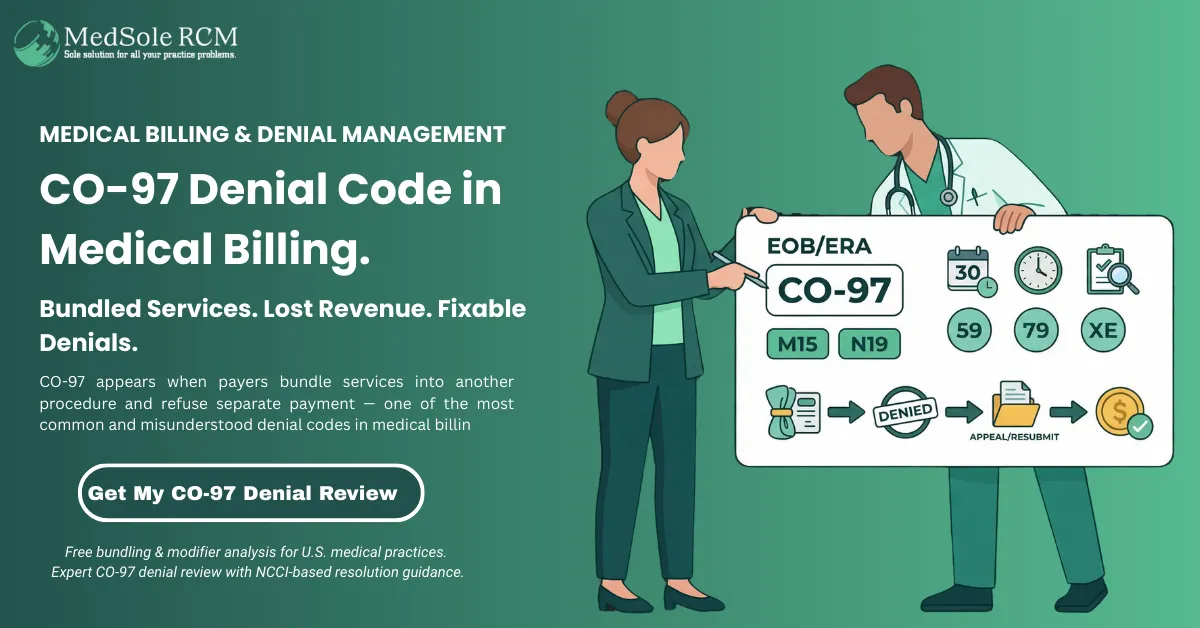
Posted Date: Jan 21, 2026
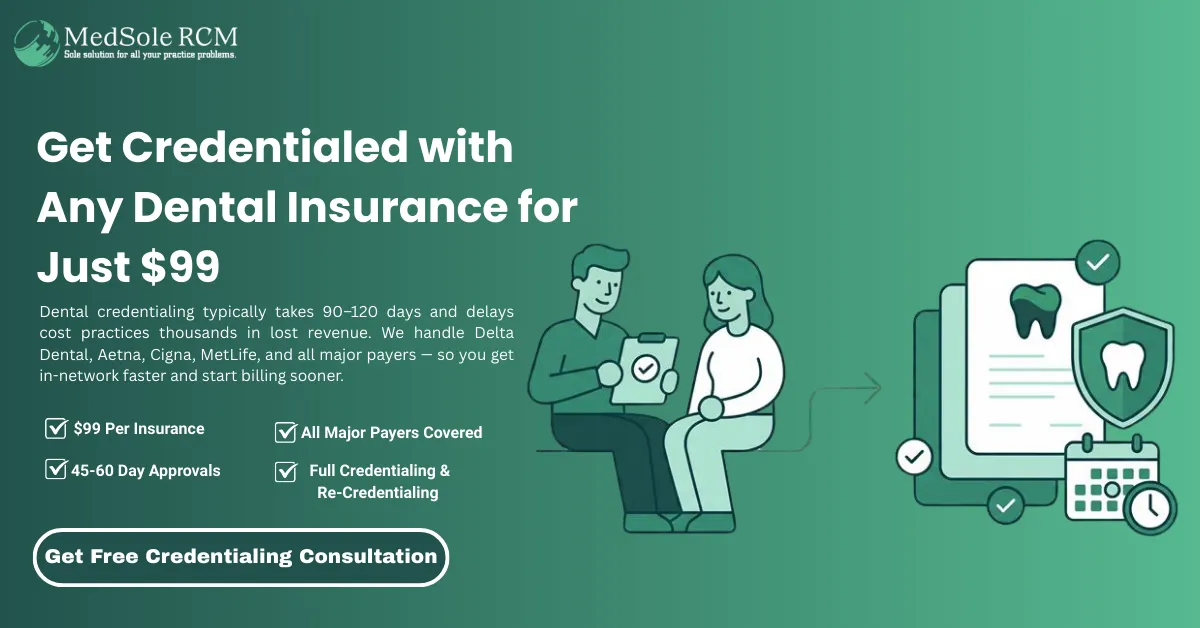
Posted Date: Jan 22, 2026
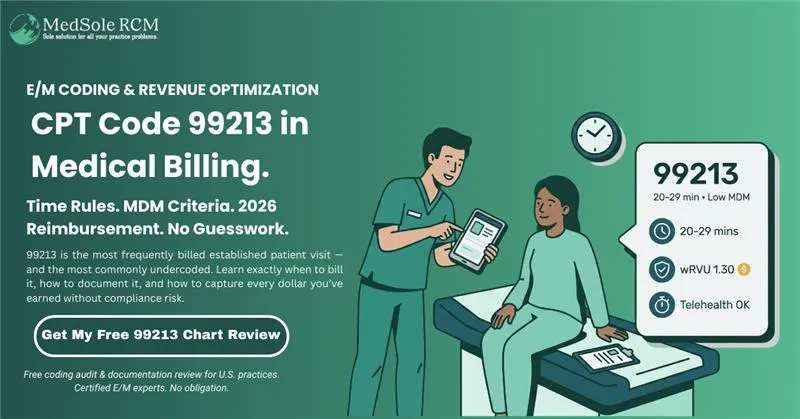
Posted Date: Jan 26, 2026
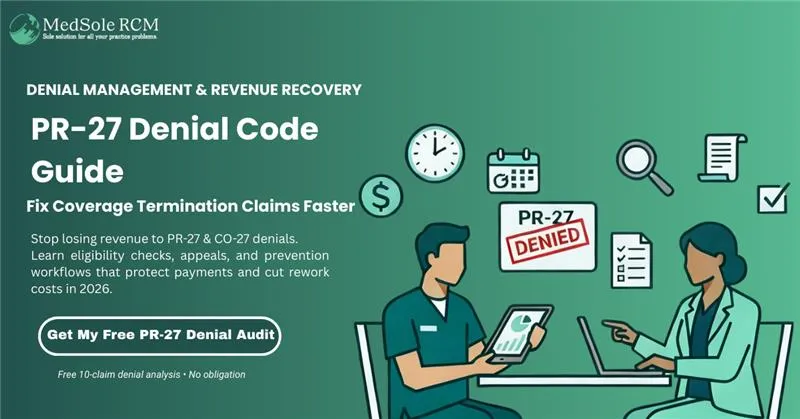
Posted Date: Jan 27, 2026
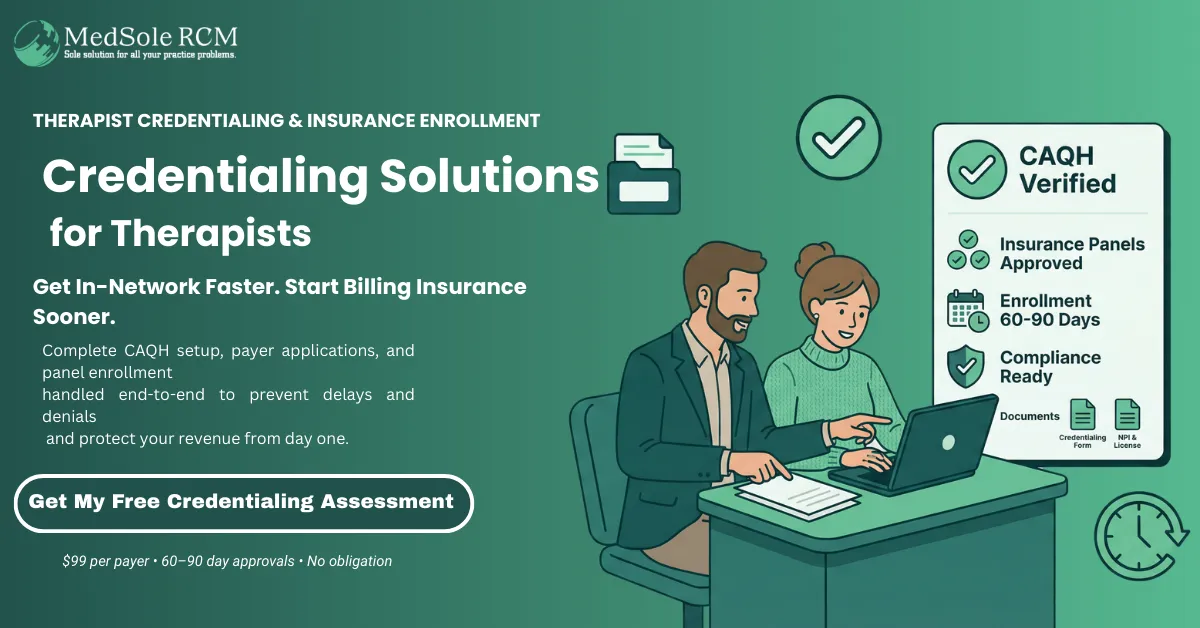
Posted Date: Jan 28, 2026
_11zon.webp)
Posted Date: Jan 29, 2026
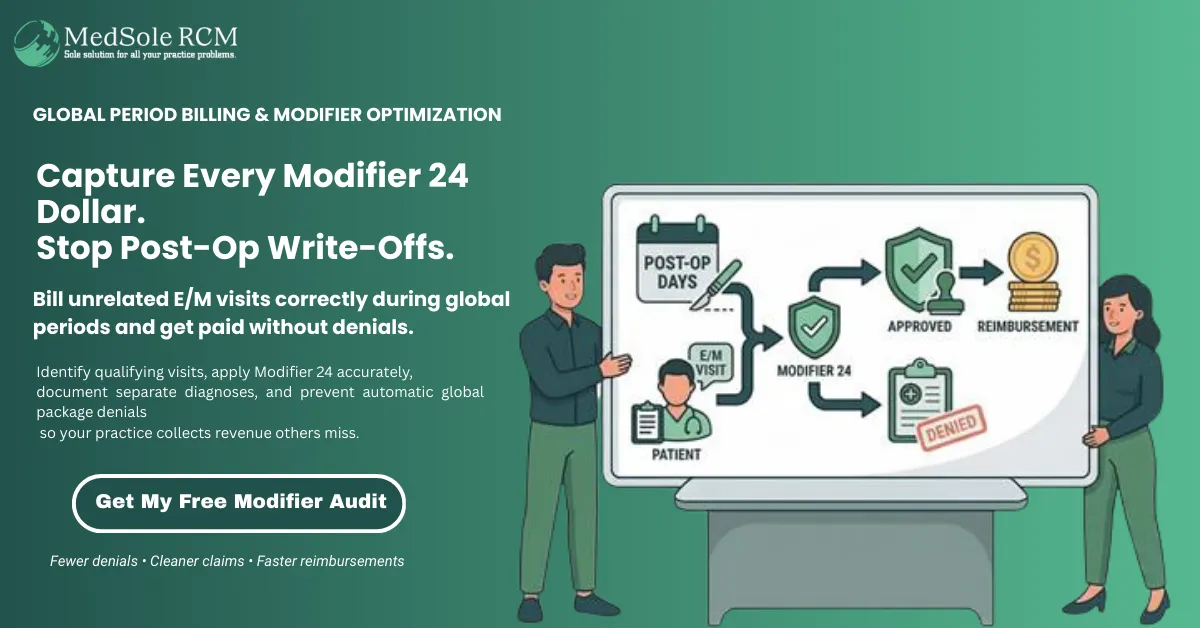
Posted Date: Jan 30, 2026
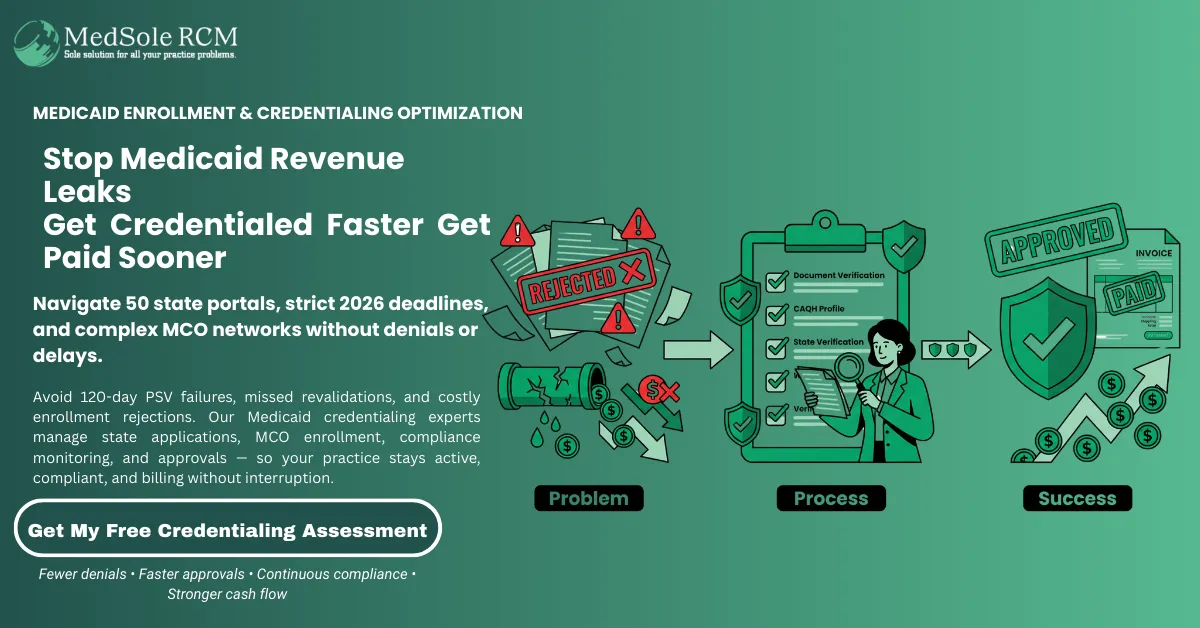
Posted Date: Feb 02, 2026
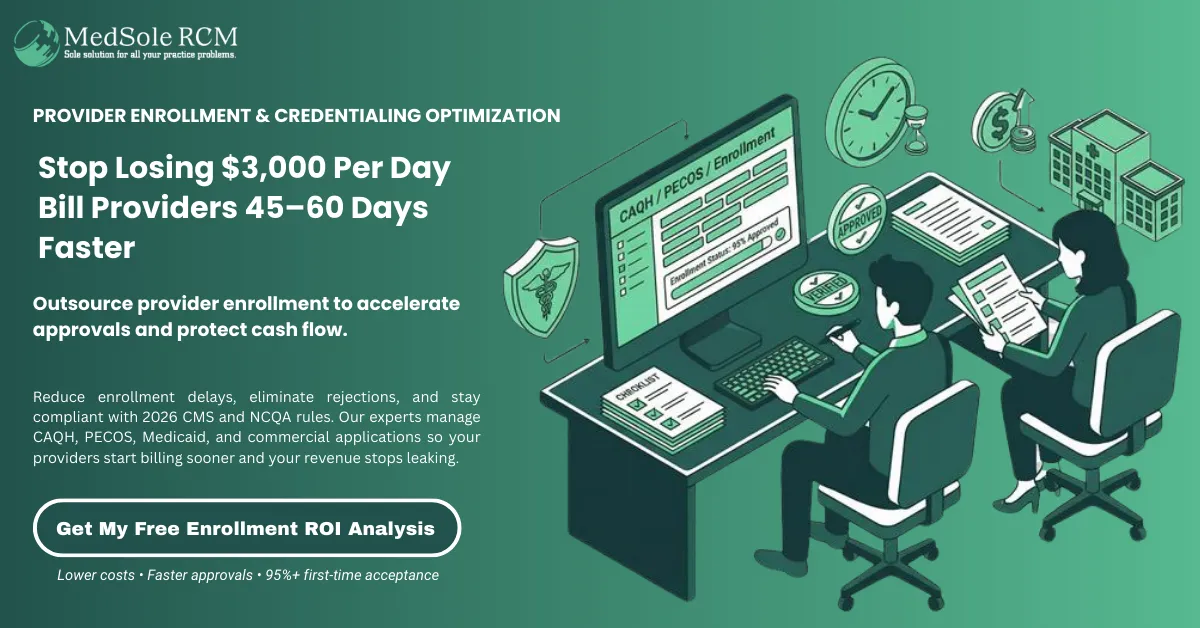
Posted Date: Feb 03, 2026
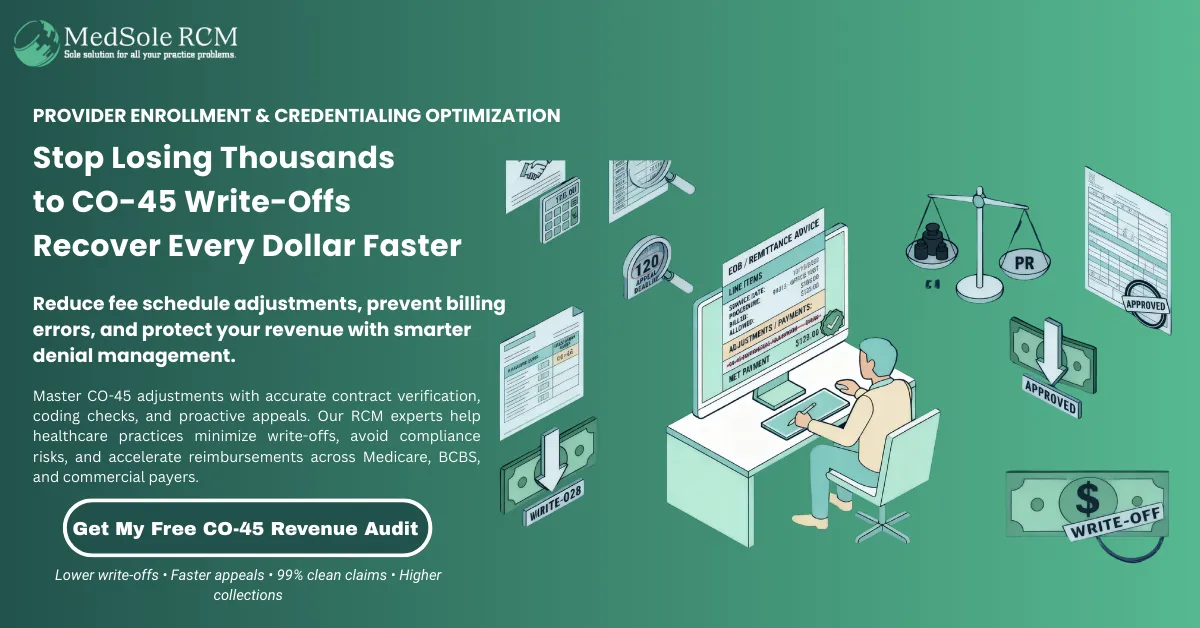
Posted Date: Feb 04, 2026
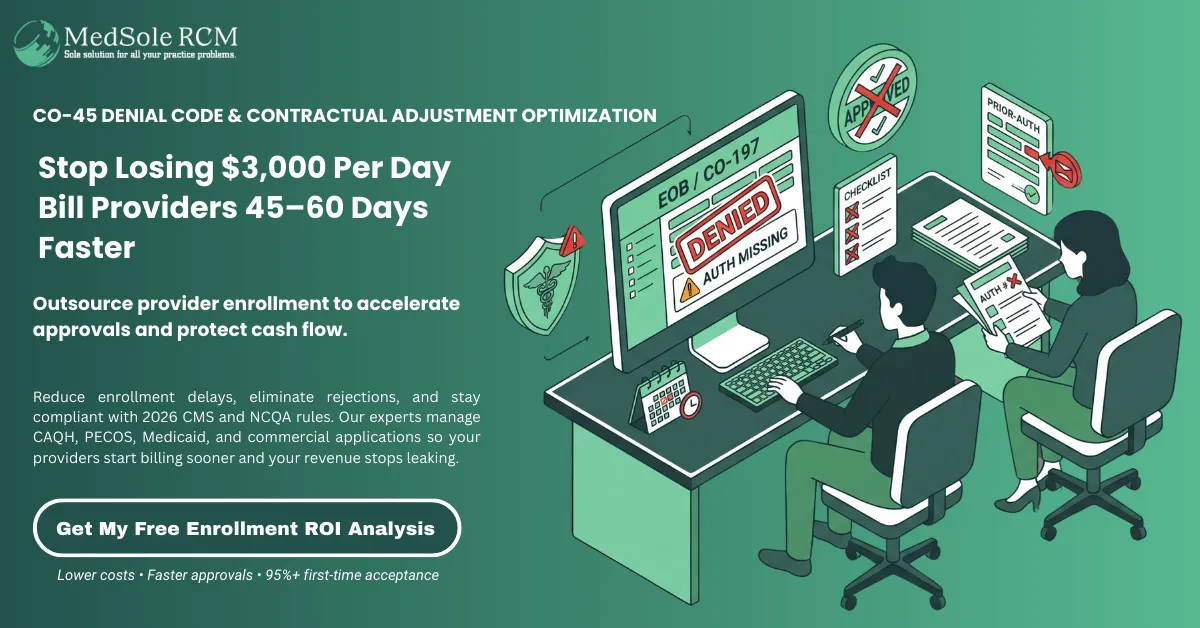
Posted Date: Feb 05, 2026
_11zon.webp)
Posted Date: Feb 06, 2026
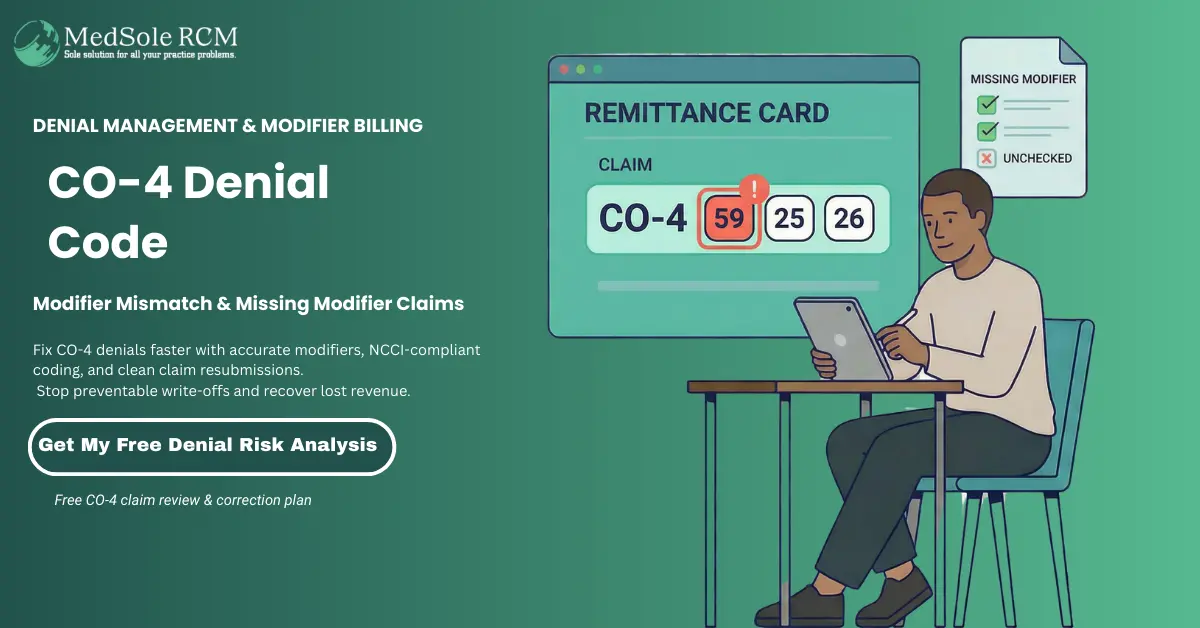
Posted Date: Feb 09, 2026
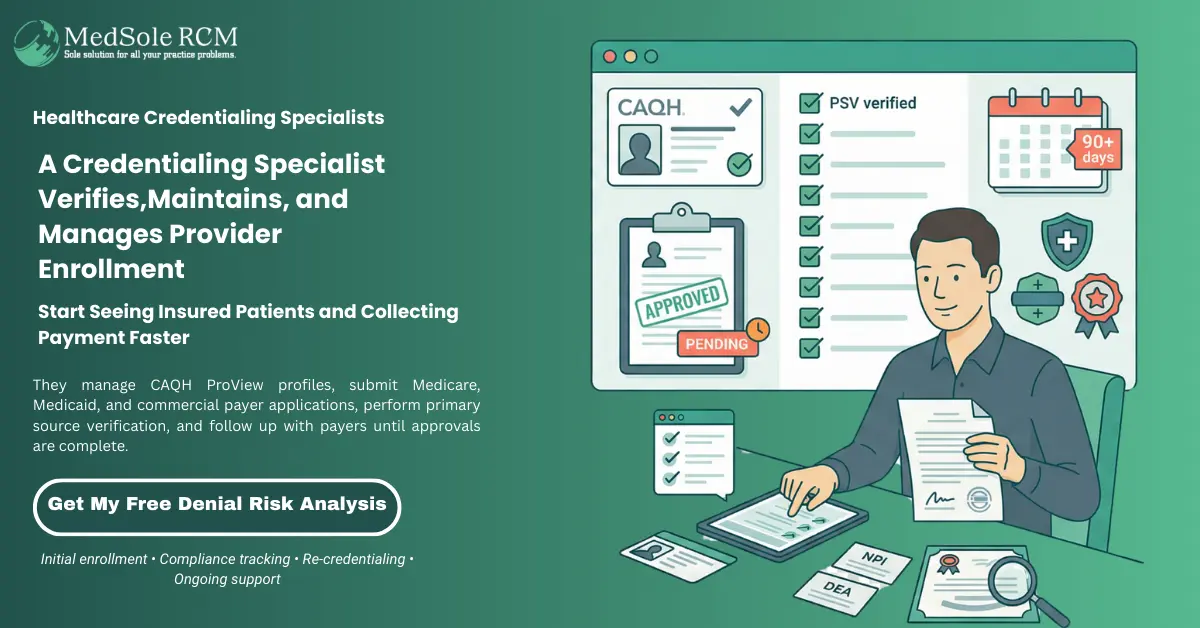
Posted Date: Feb 10, 2026
_11zon.webp)
Posted Date: Feb 11, 2026
.webp)
Posted Date: Feb 12, 2026
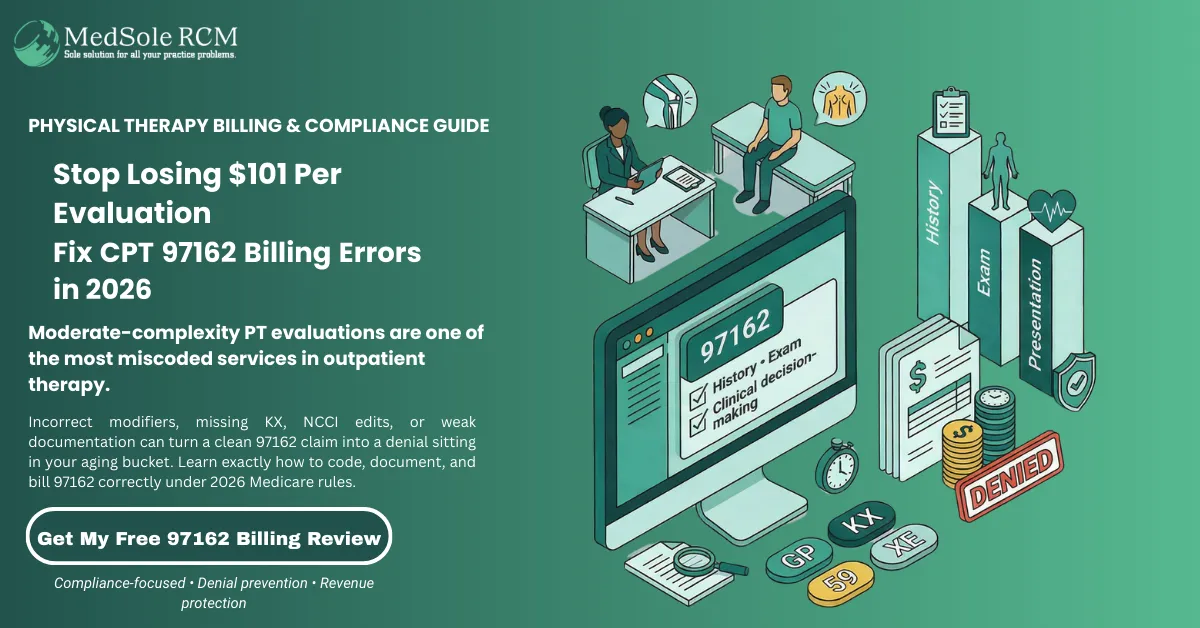
Posted Date: Feb 13, 2026
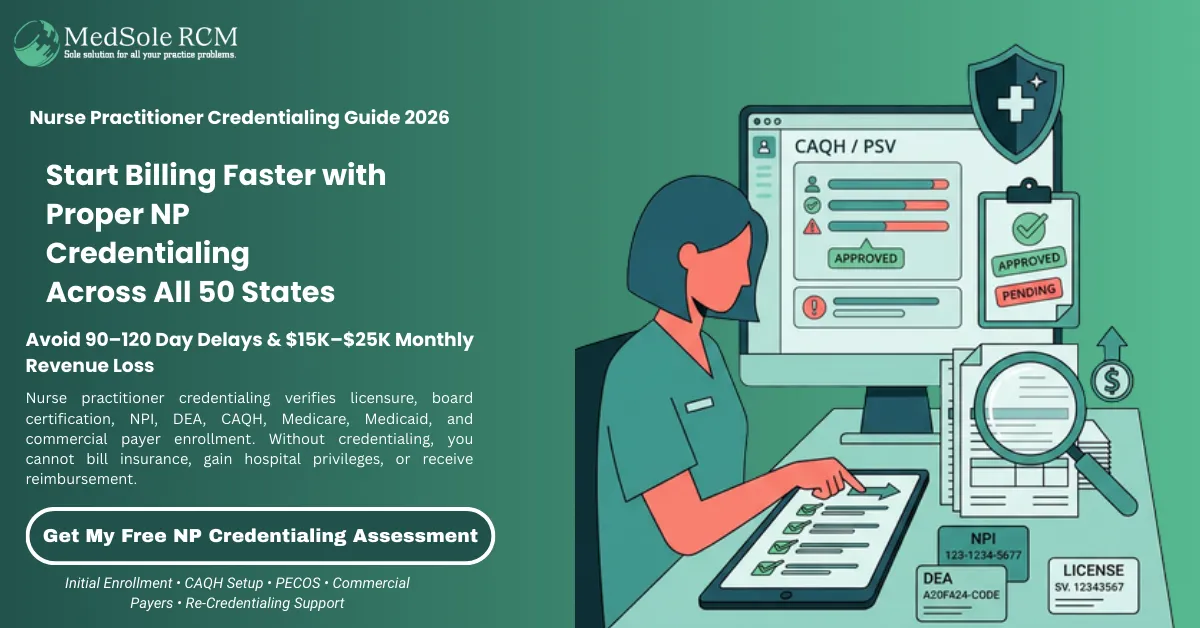
Posted Date: Feb 17, 2026
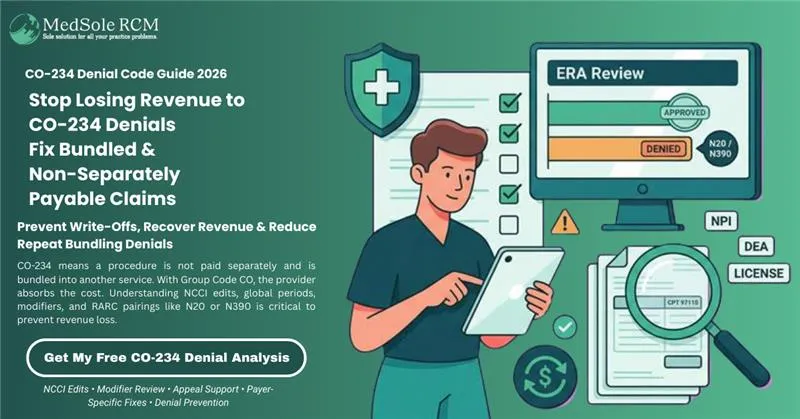
Posted Date: Feb 18, 2026
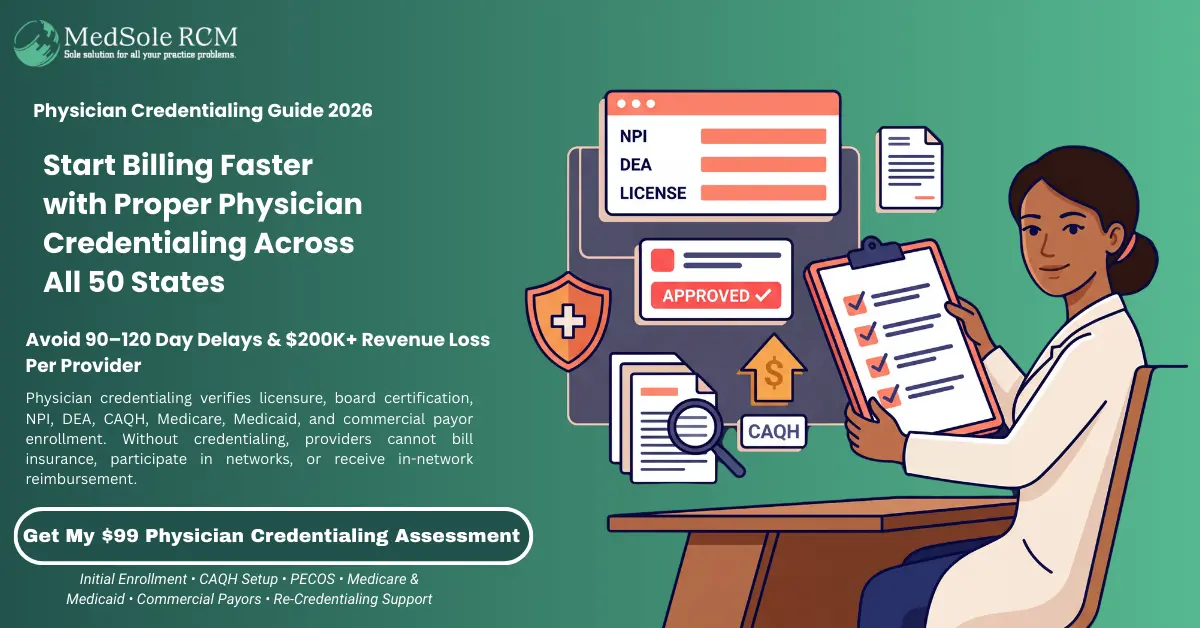
Posted Date: Feb 19, 2026
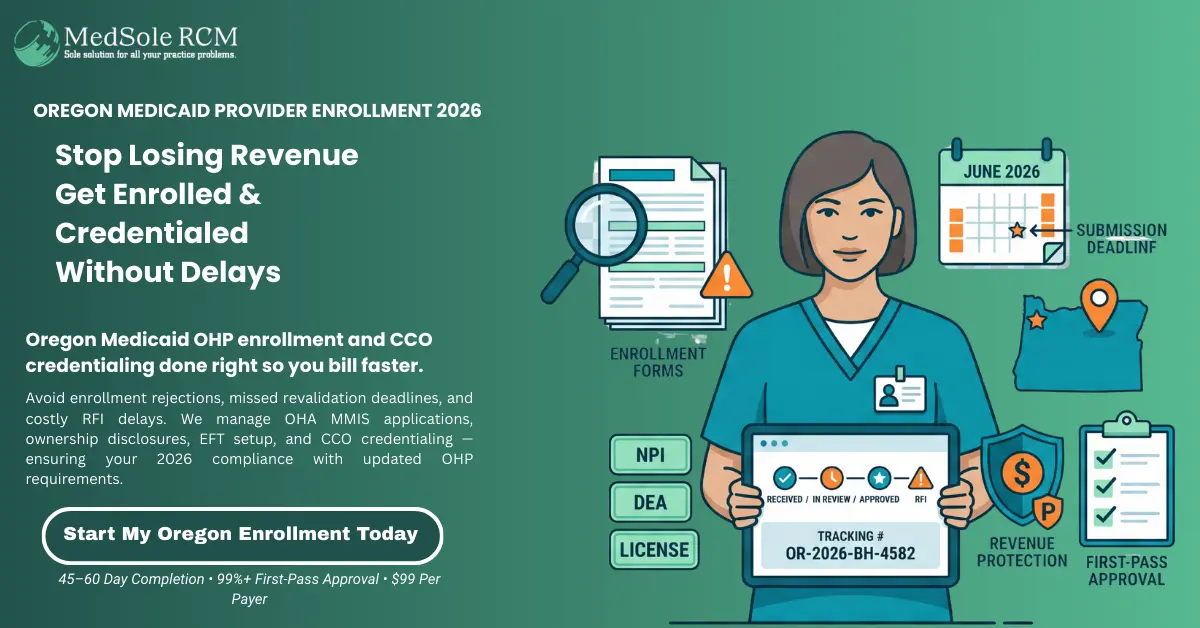
Posted Date: Feb 20, 2026
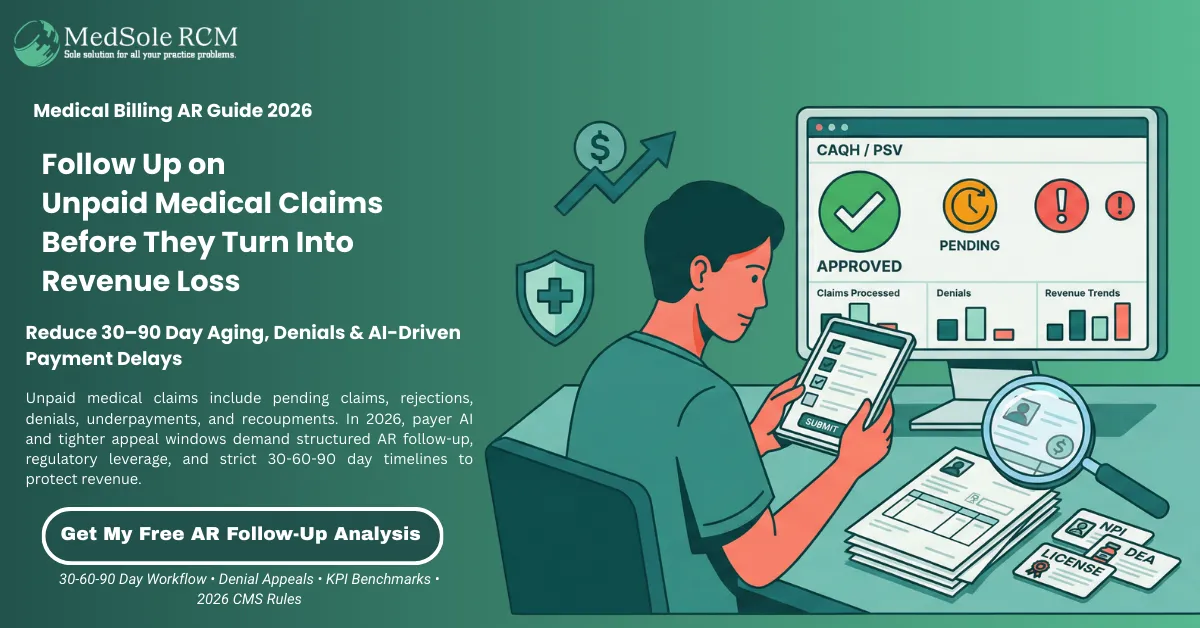
Posted Date: Feb 23, 2026
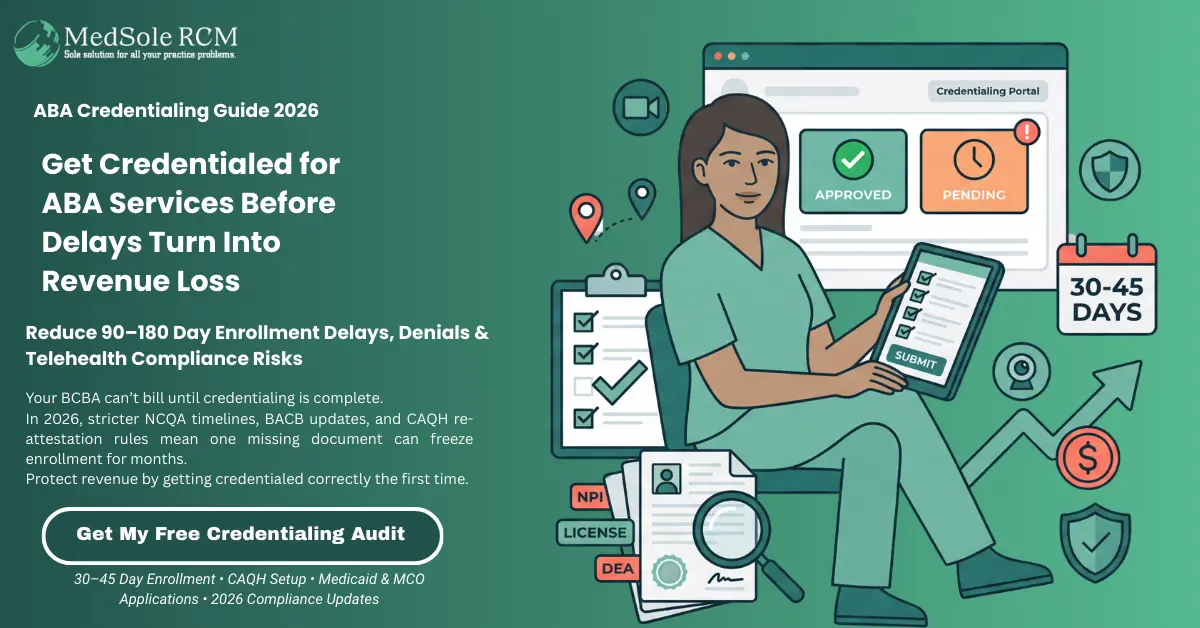
Posted Date: Feb 25, 2026
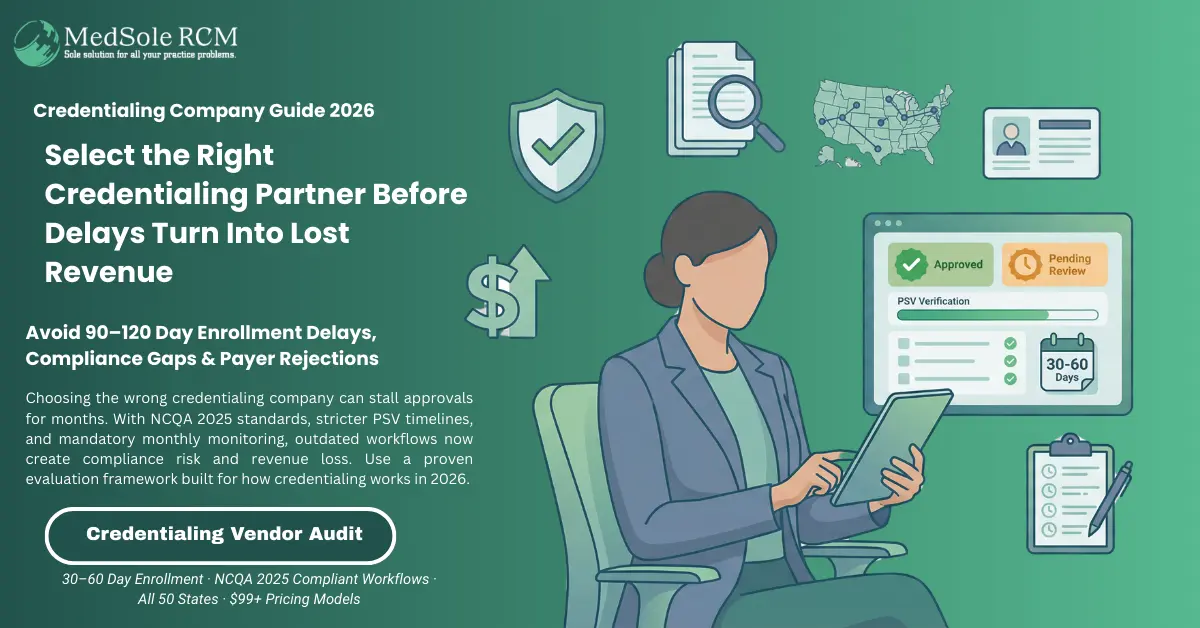
Posted Date: Feb 26, 2026